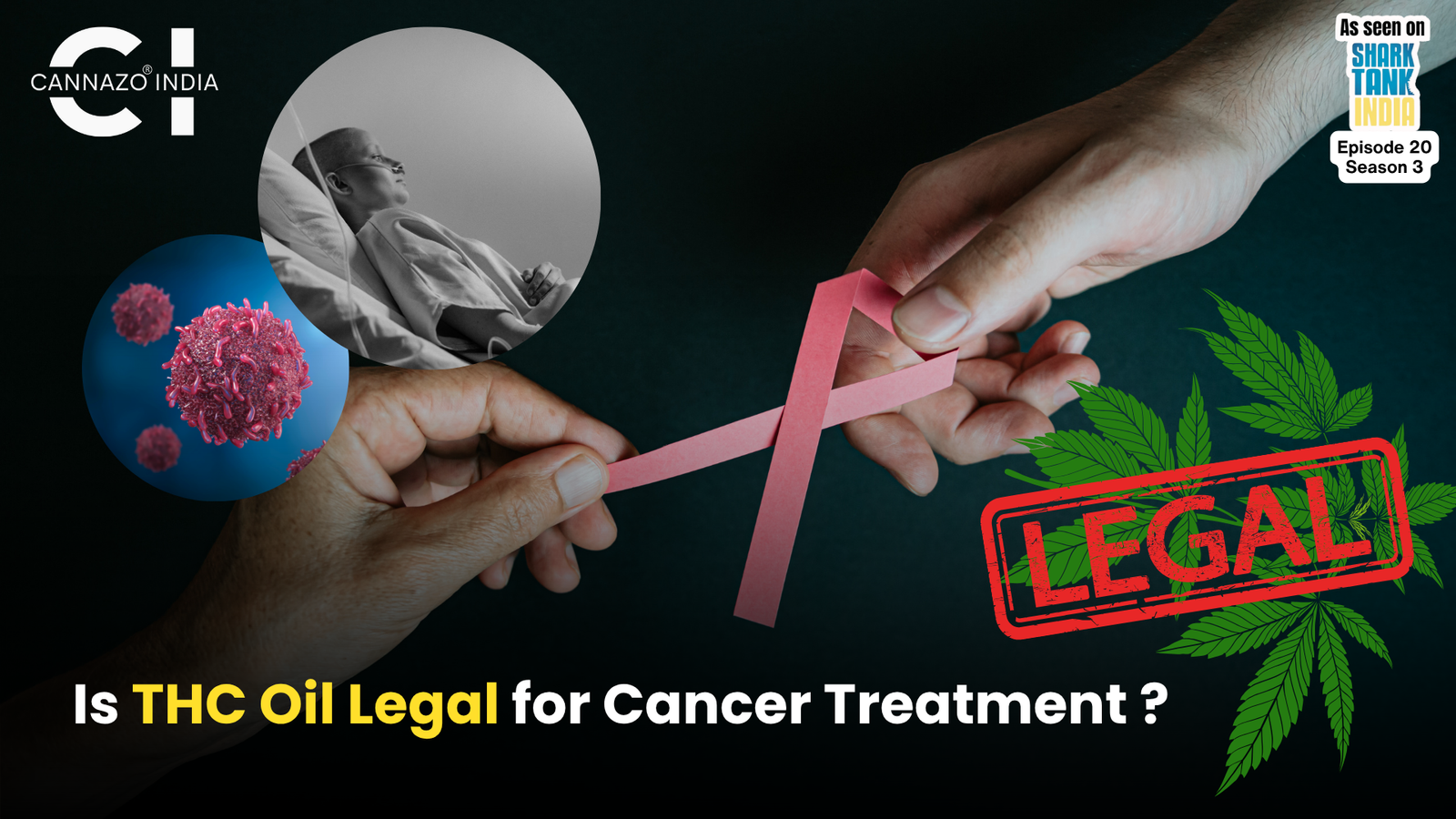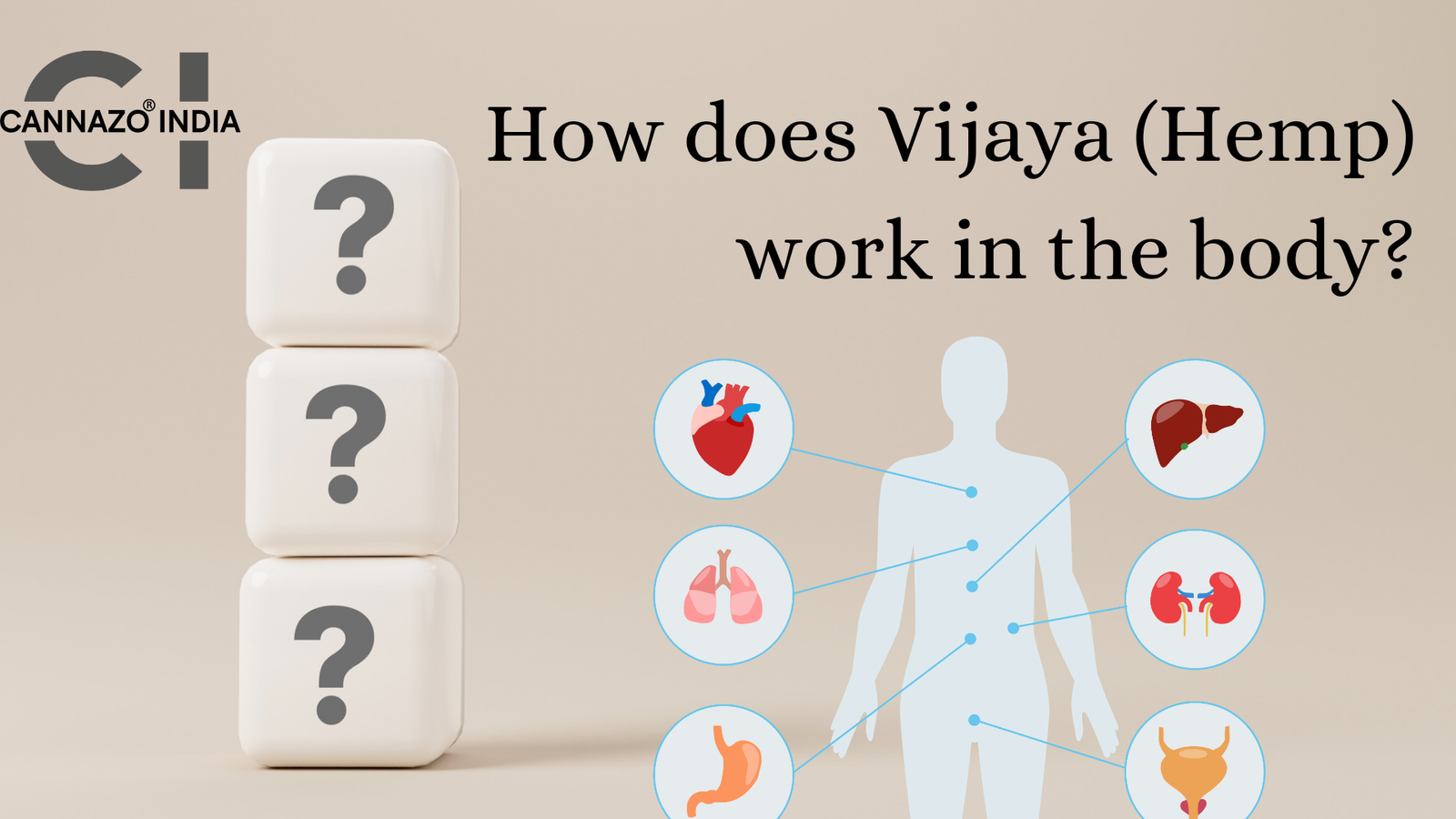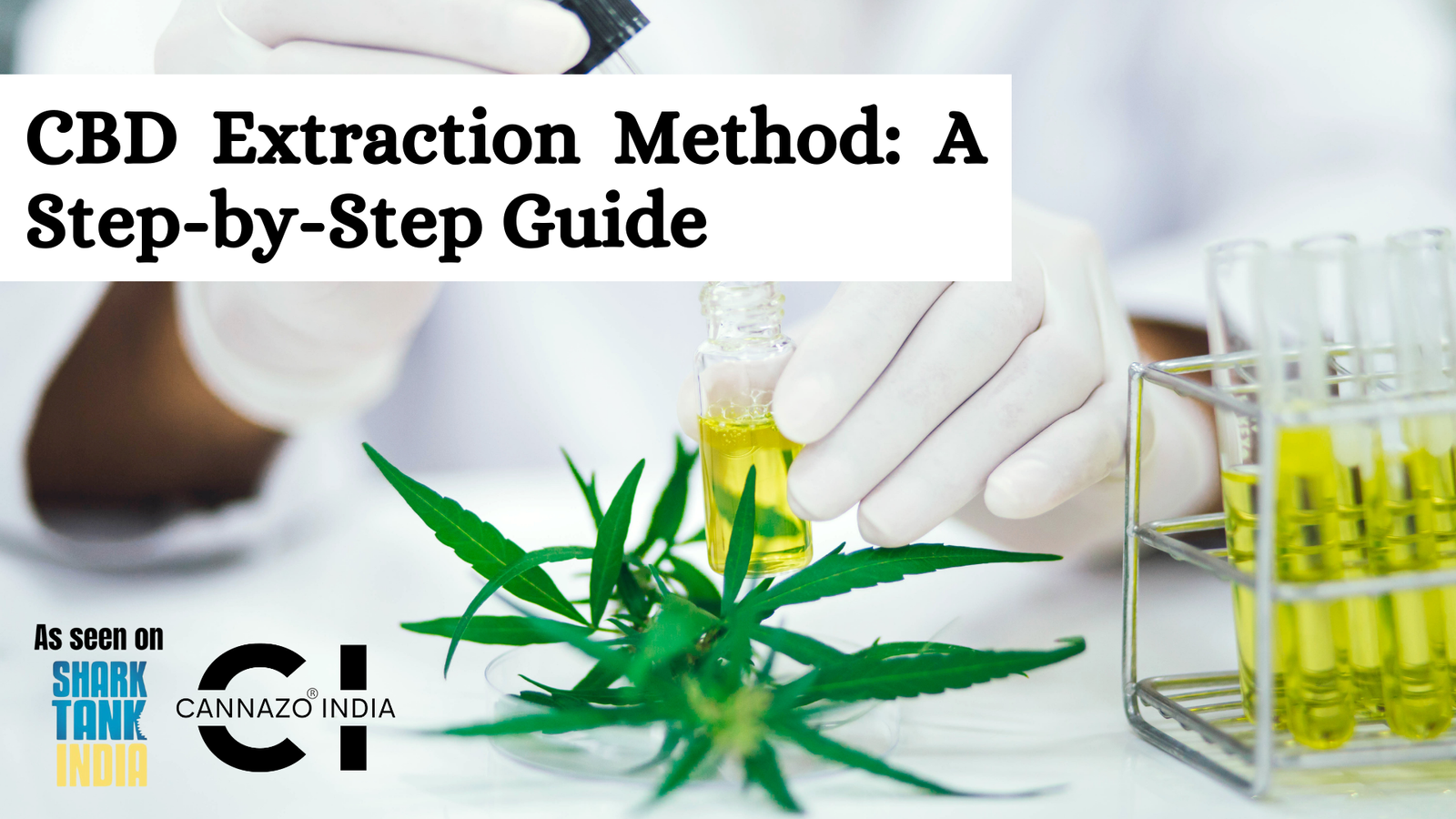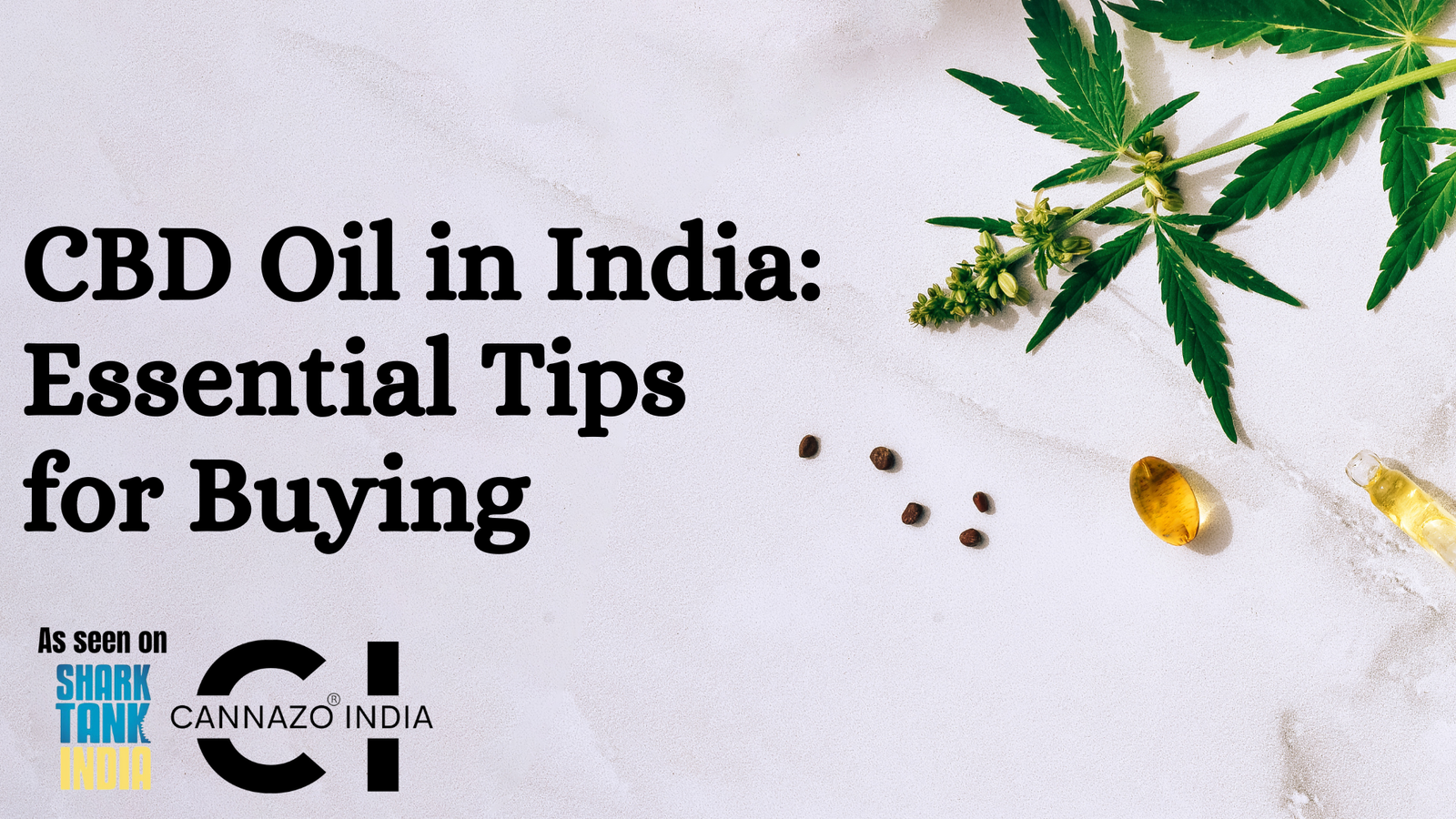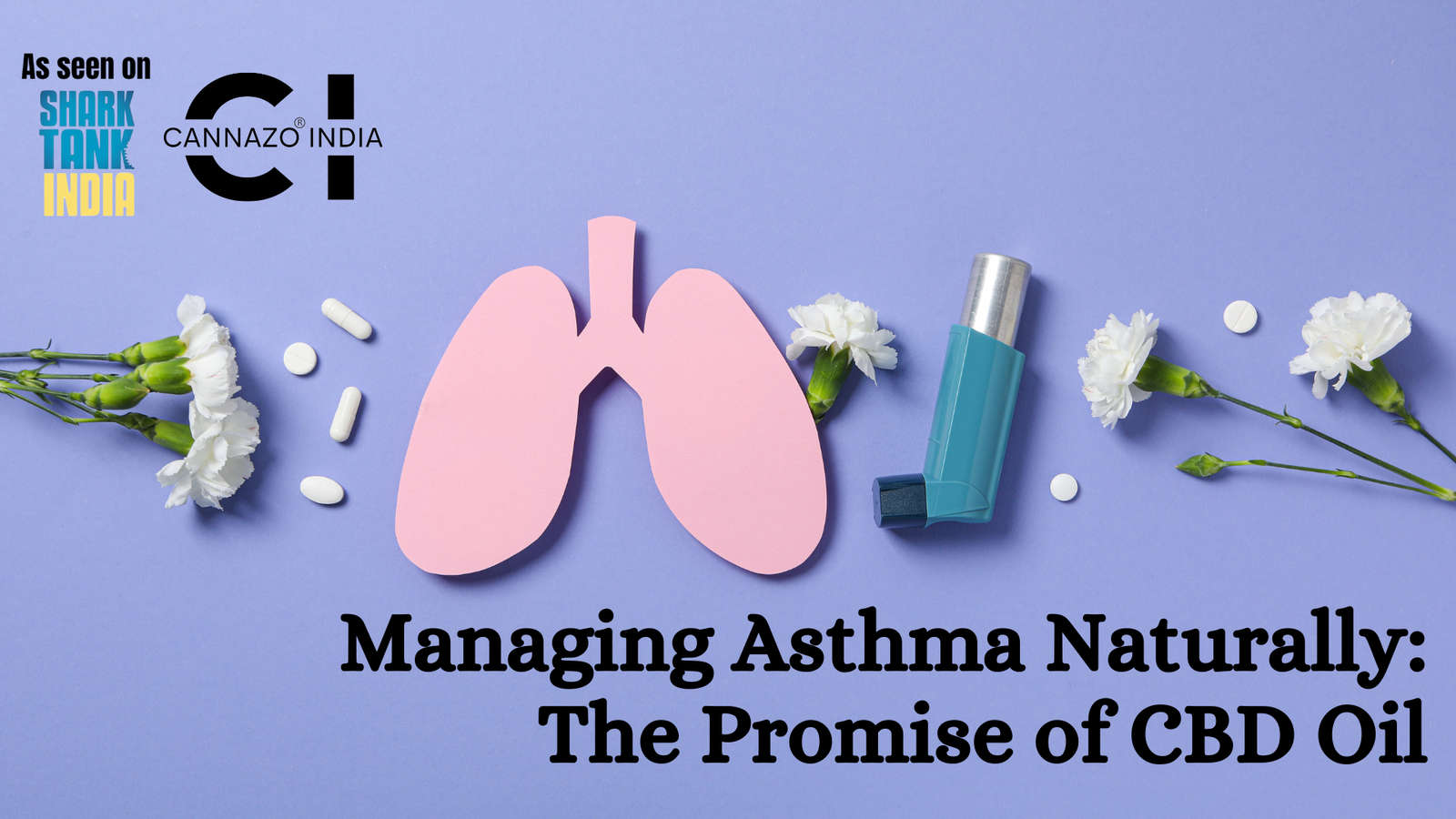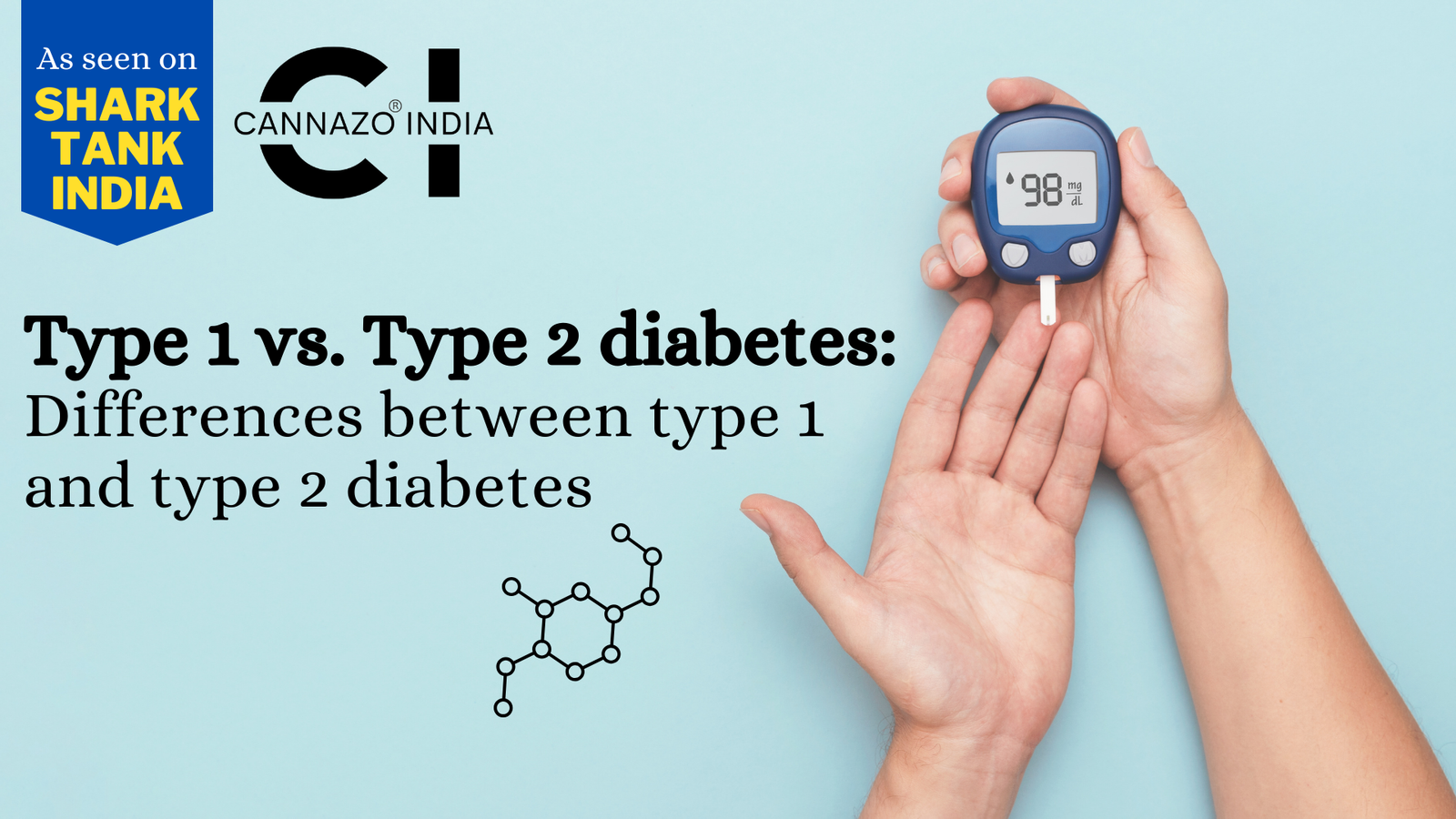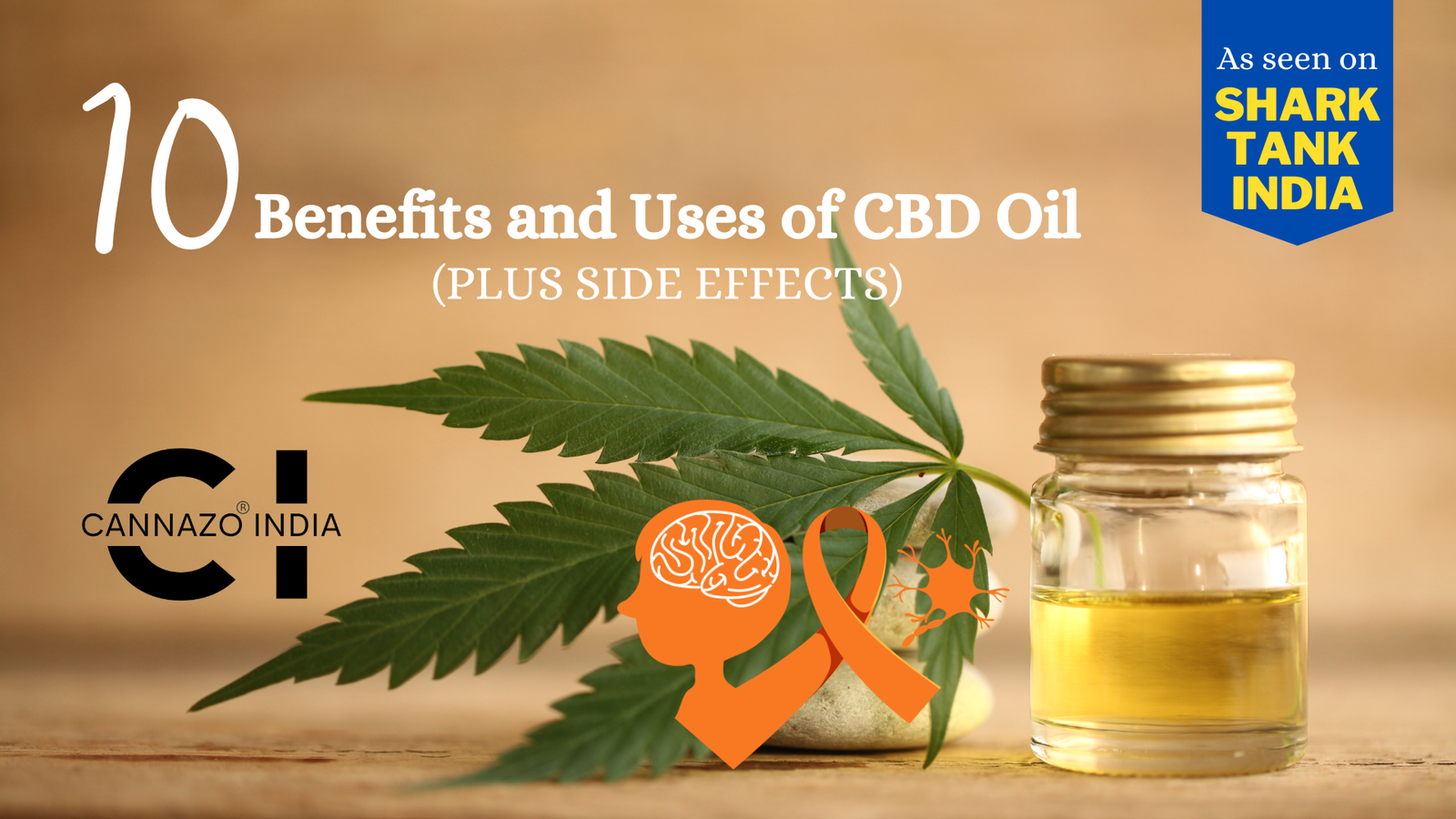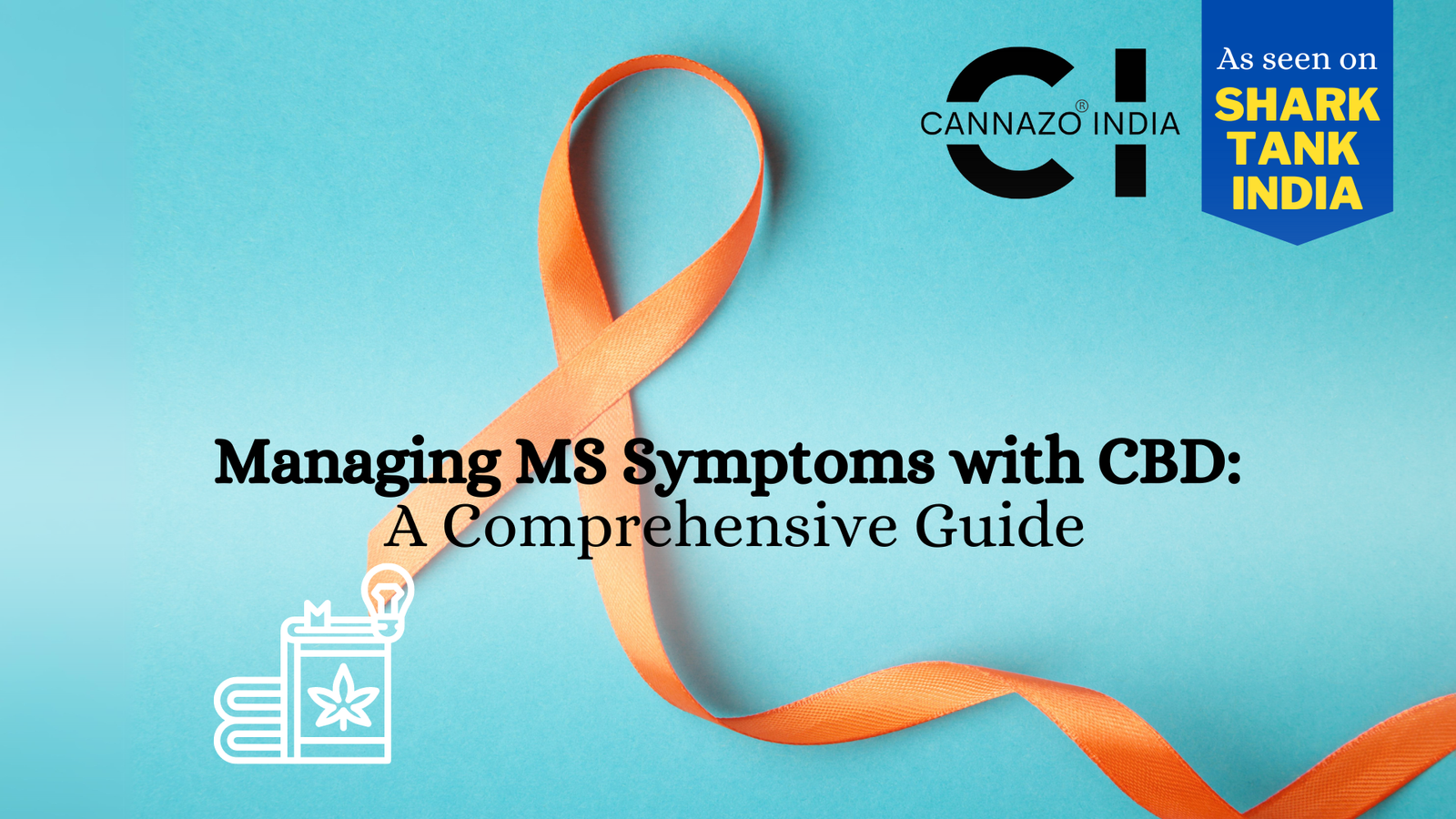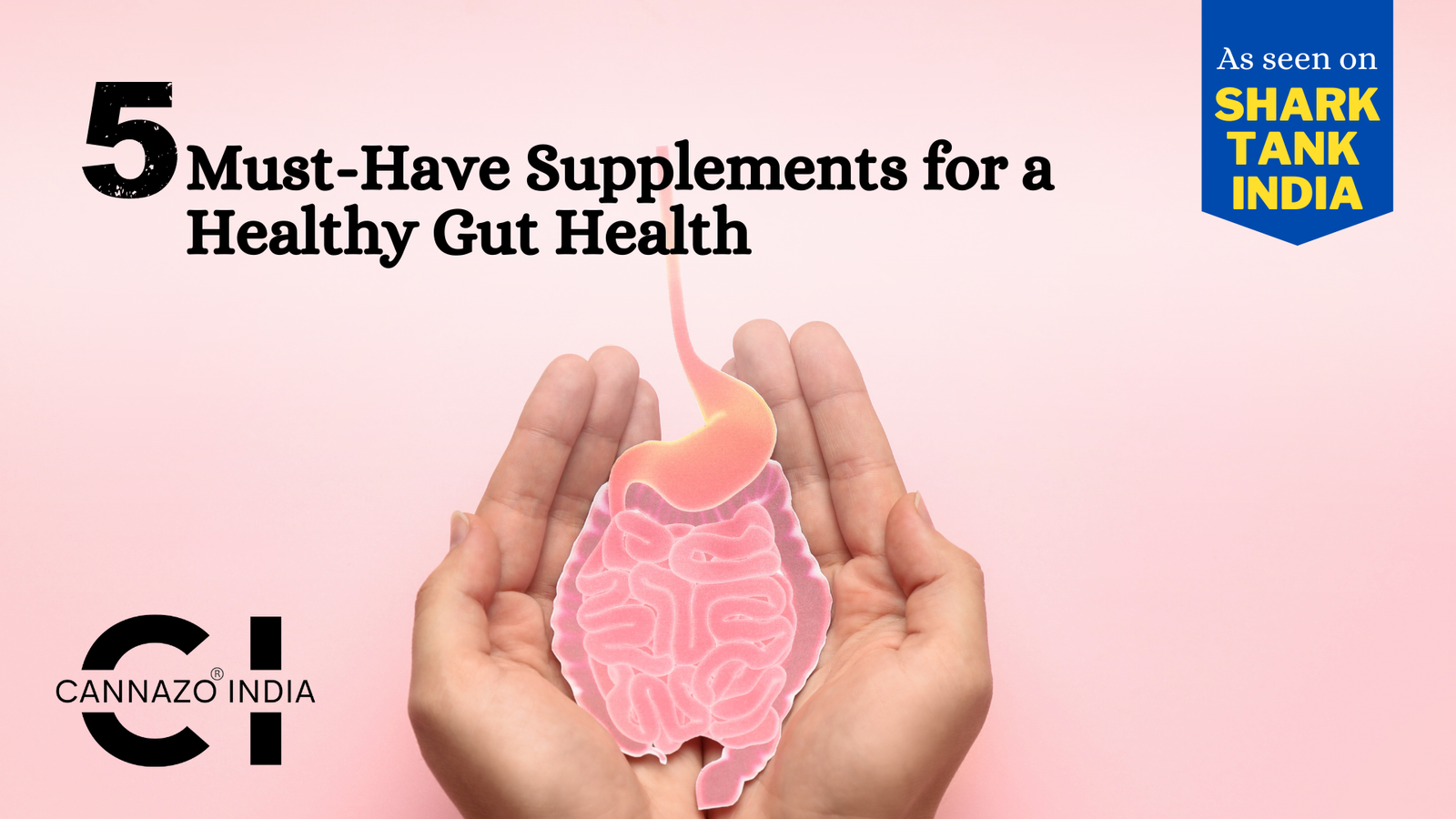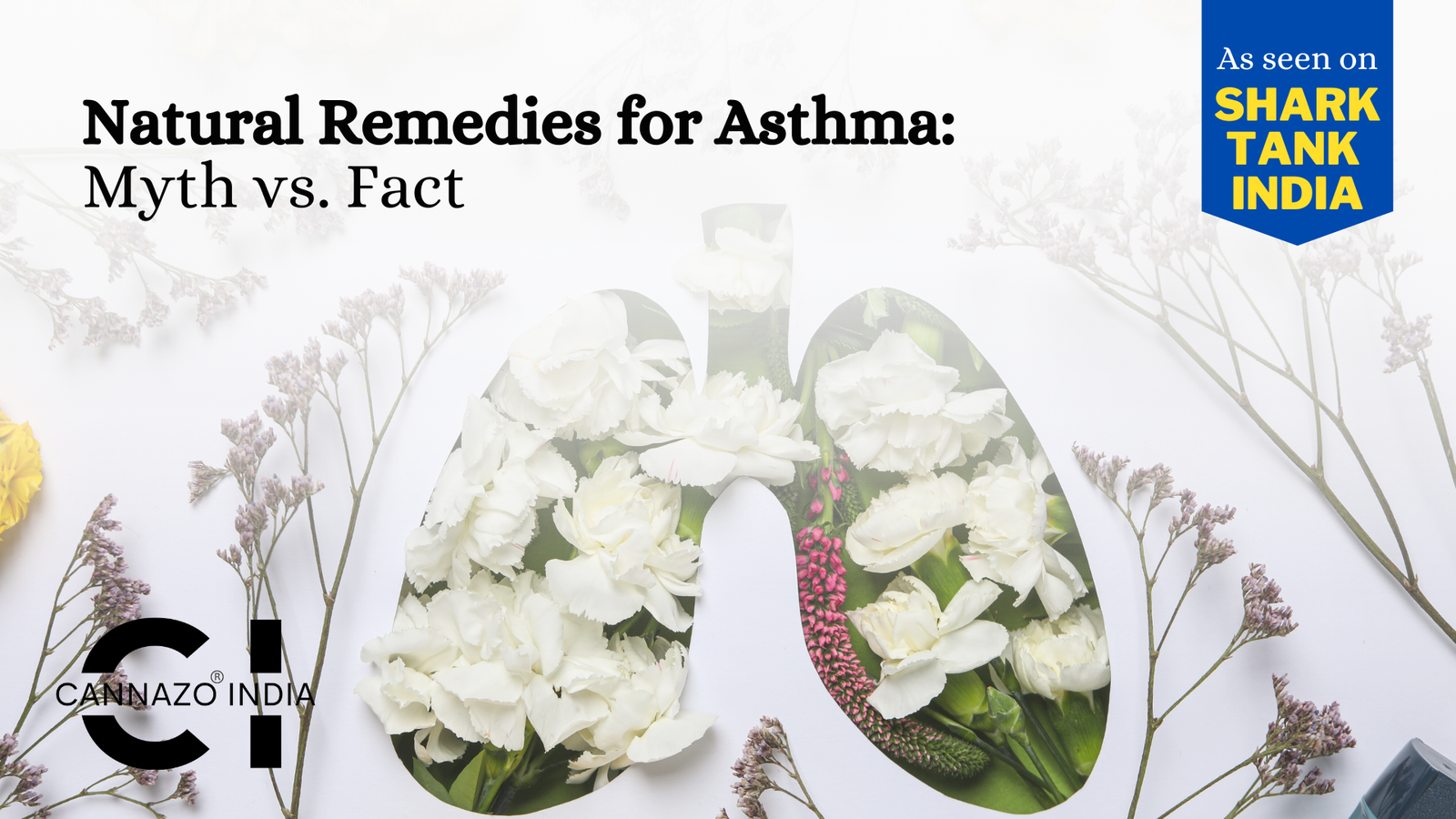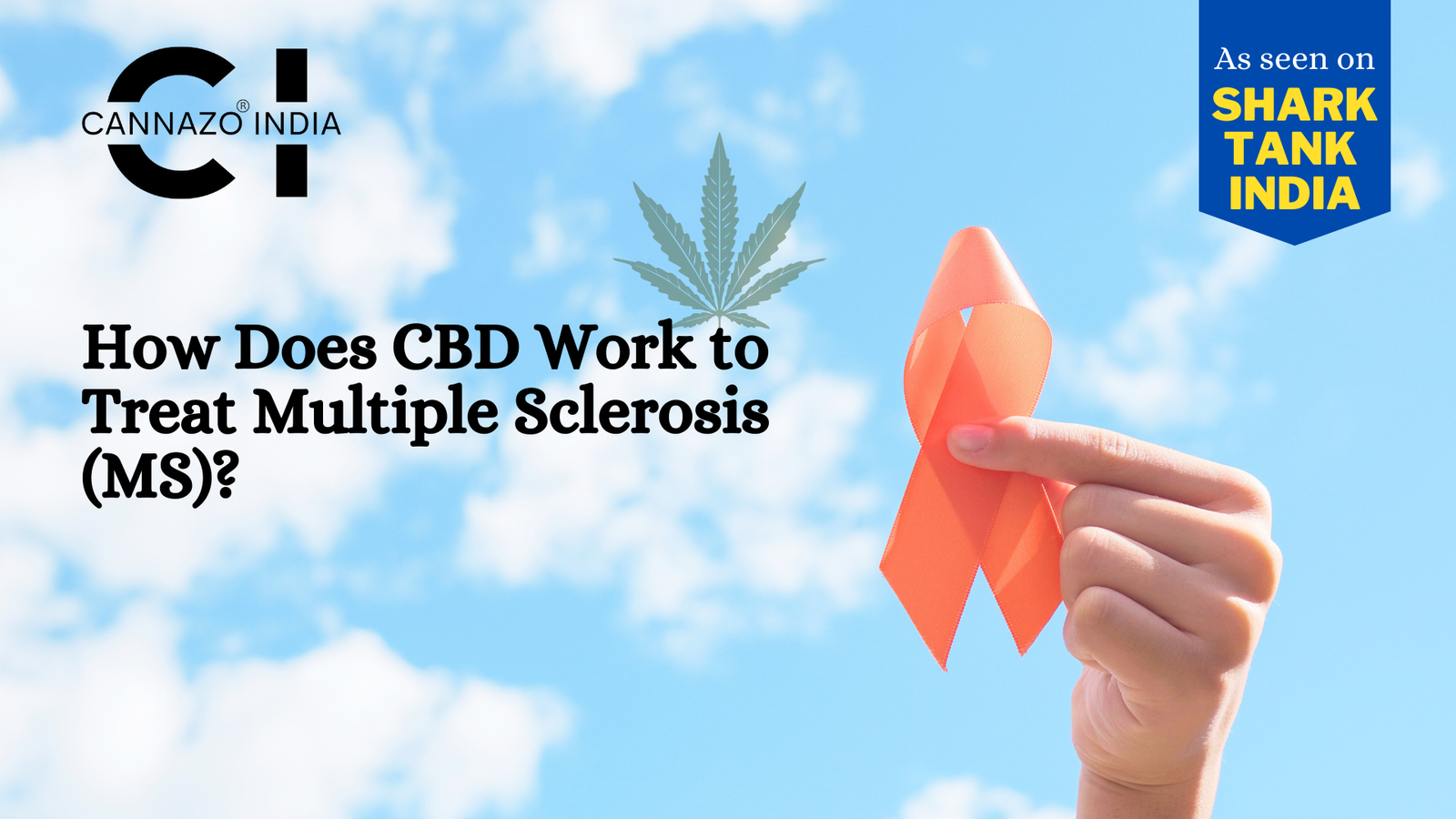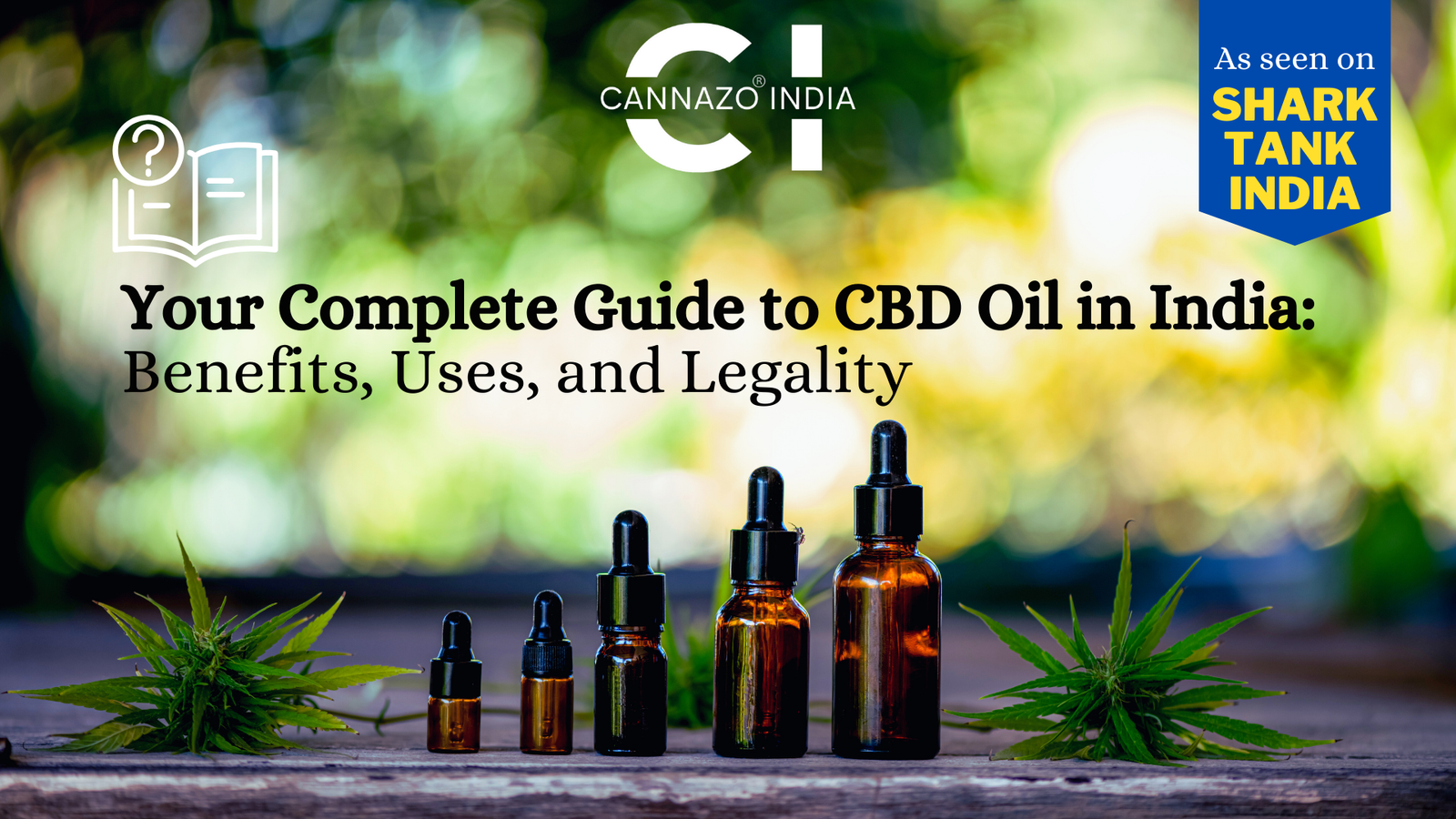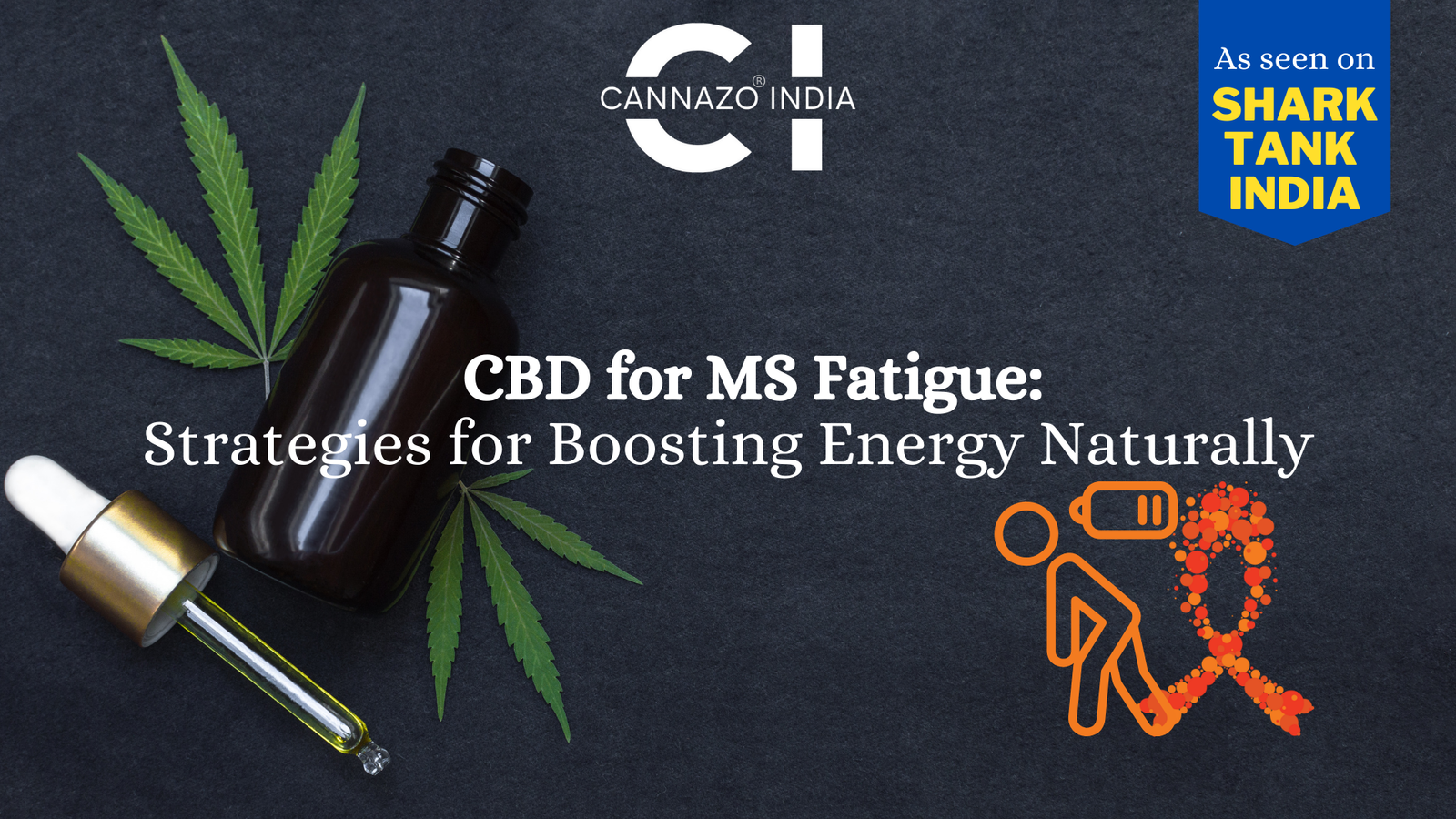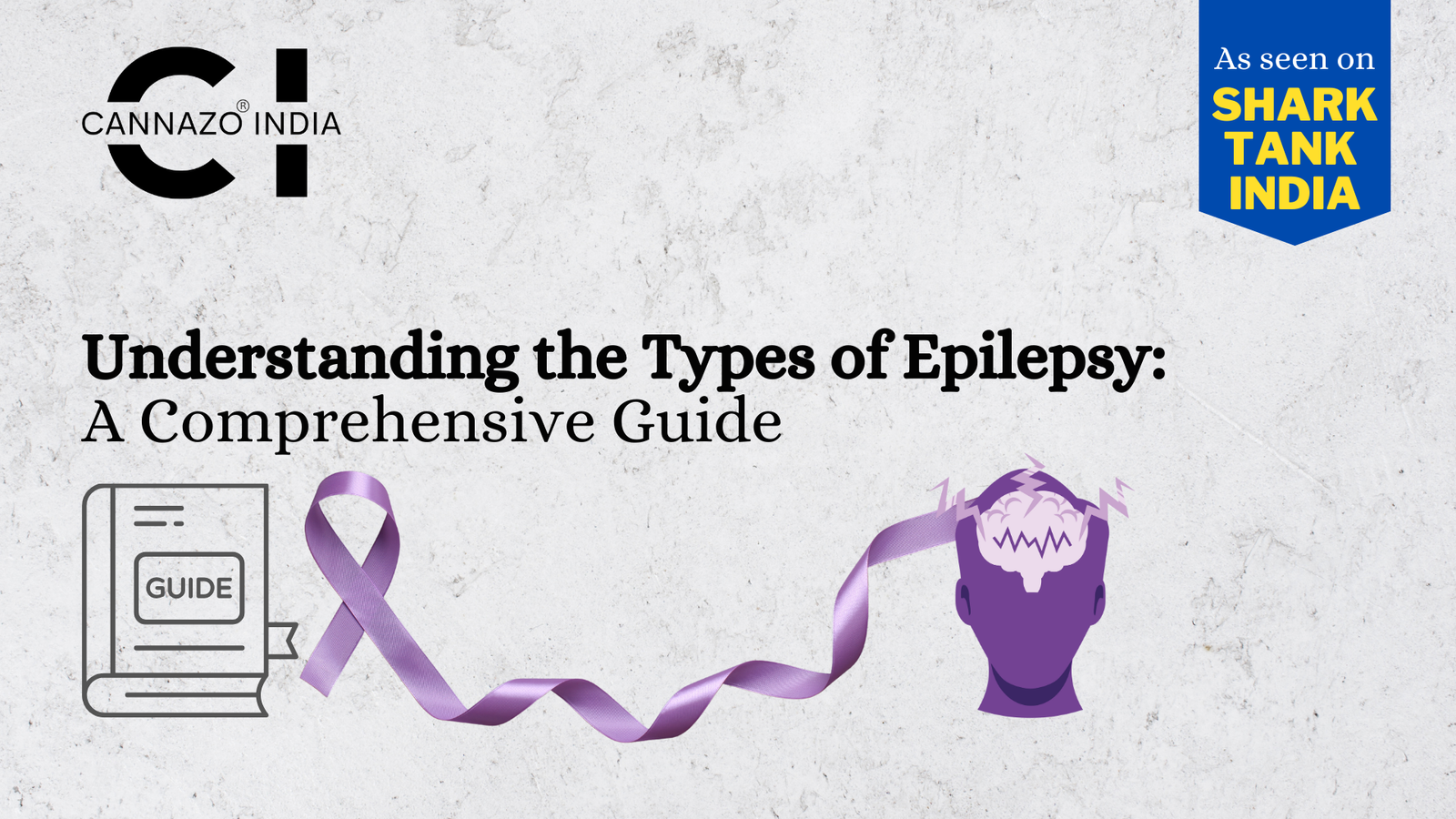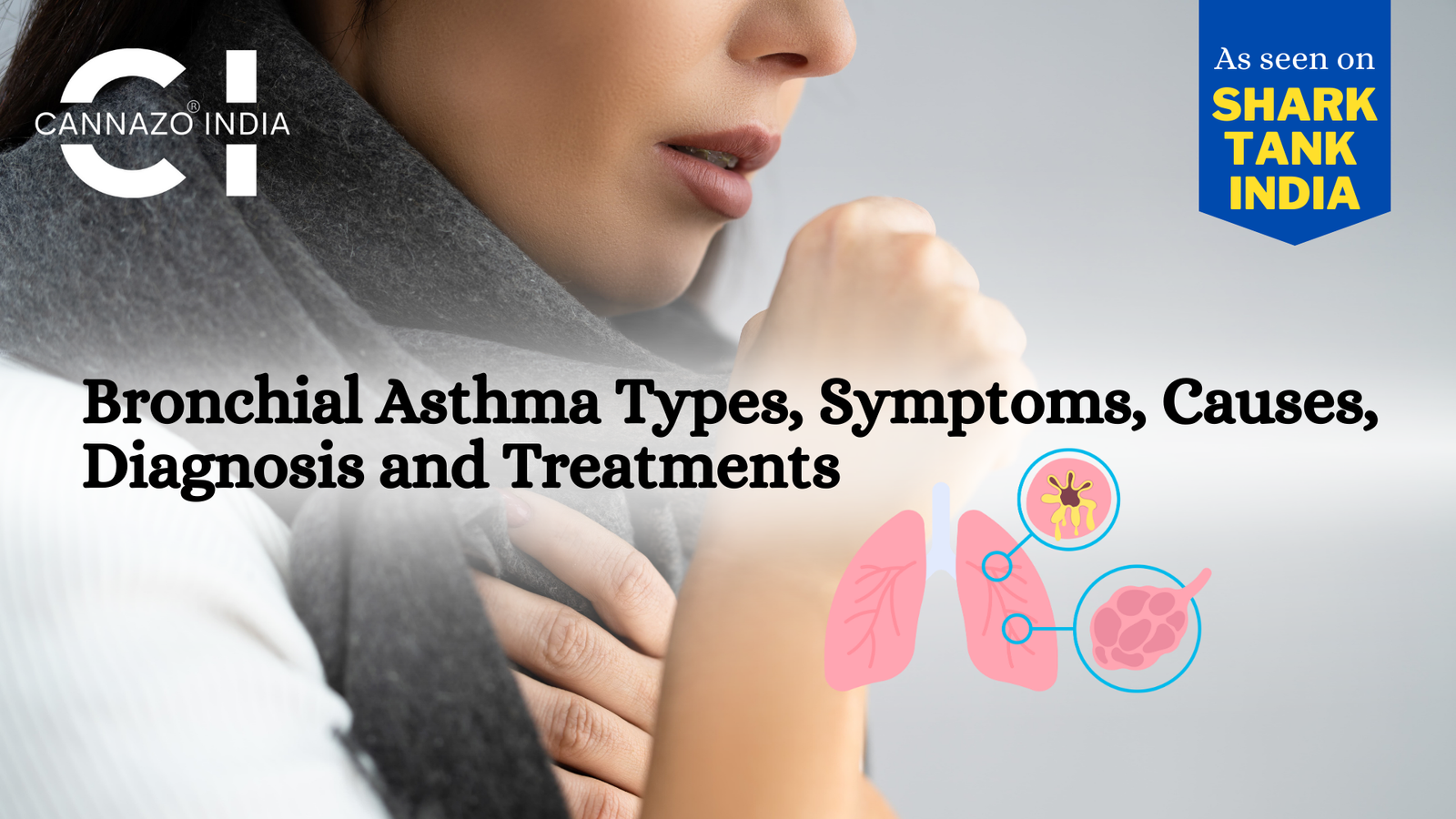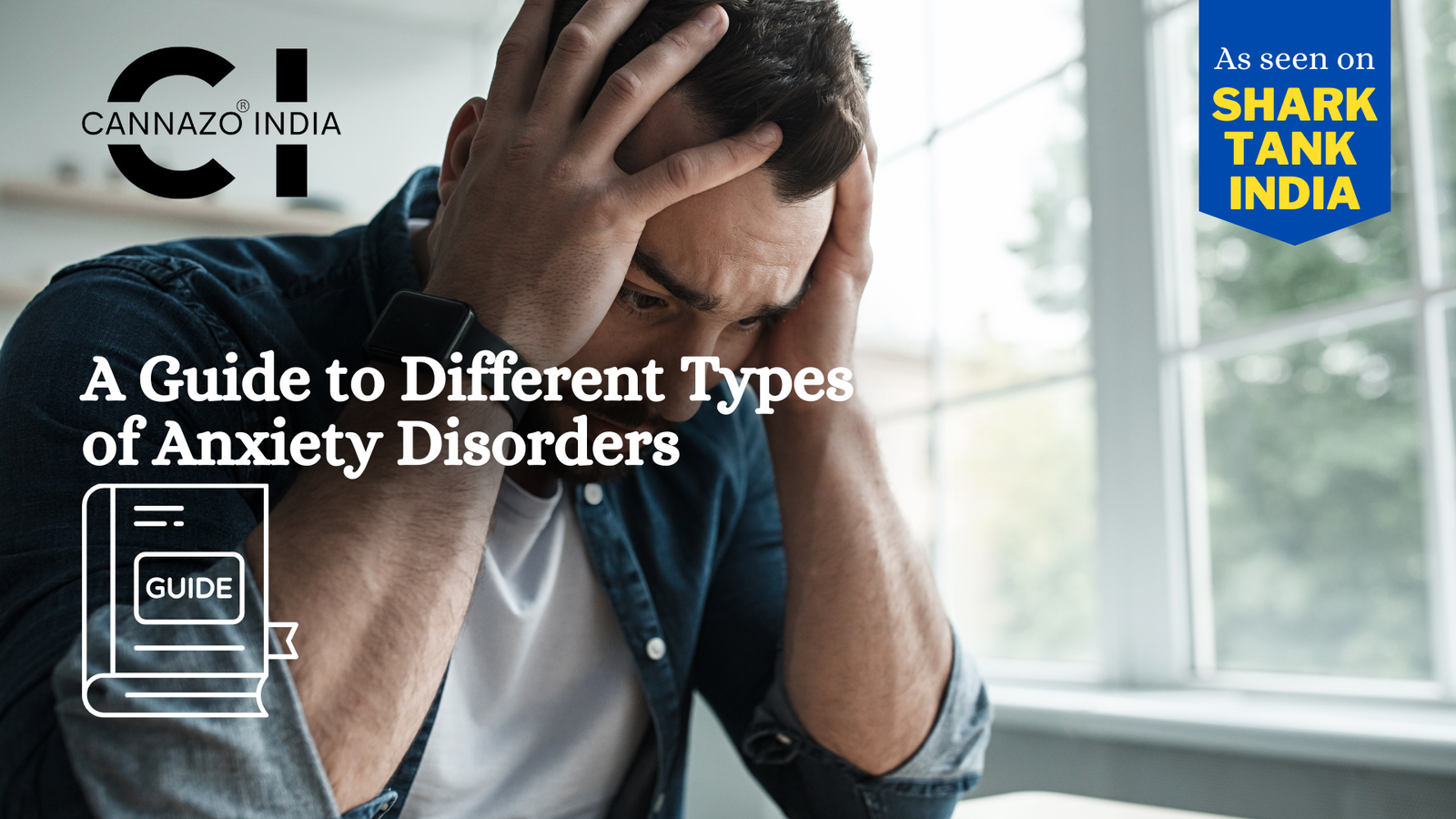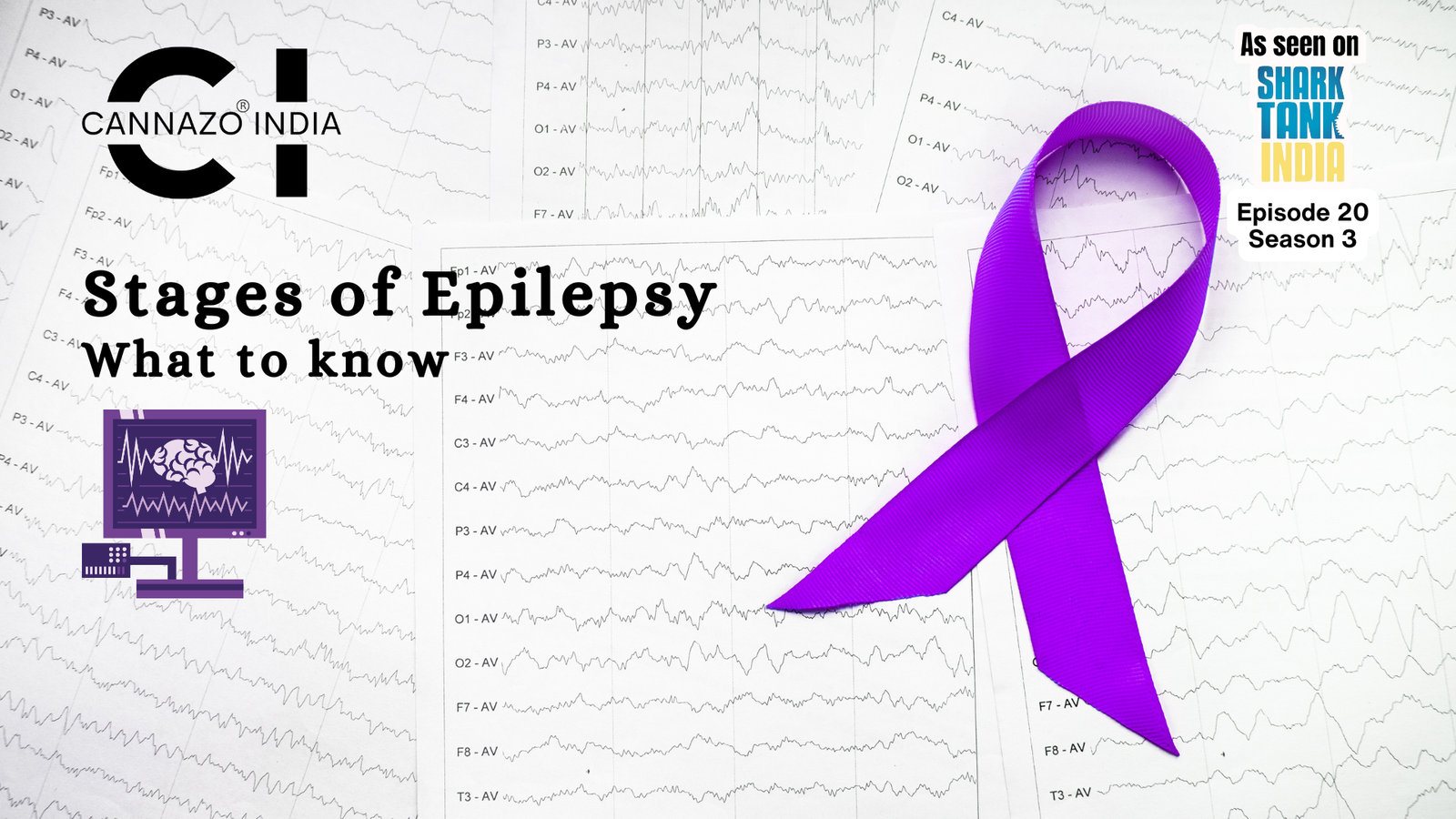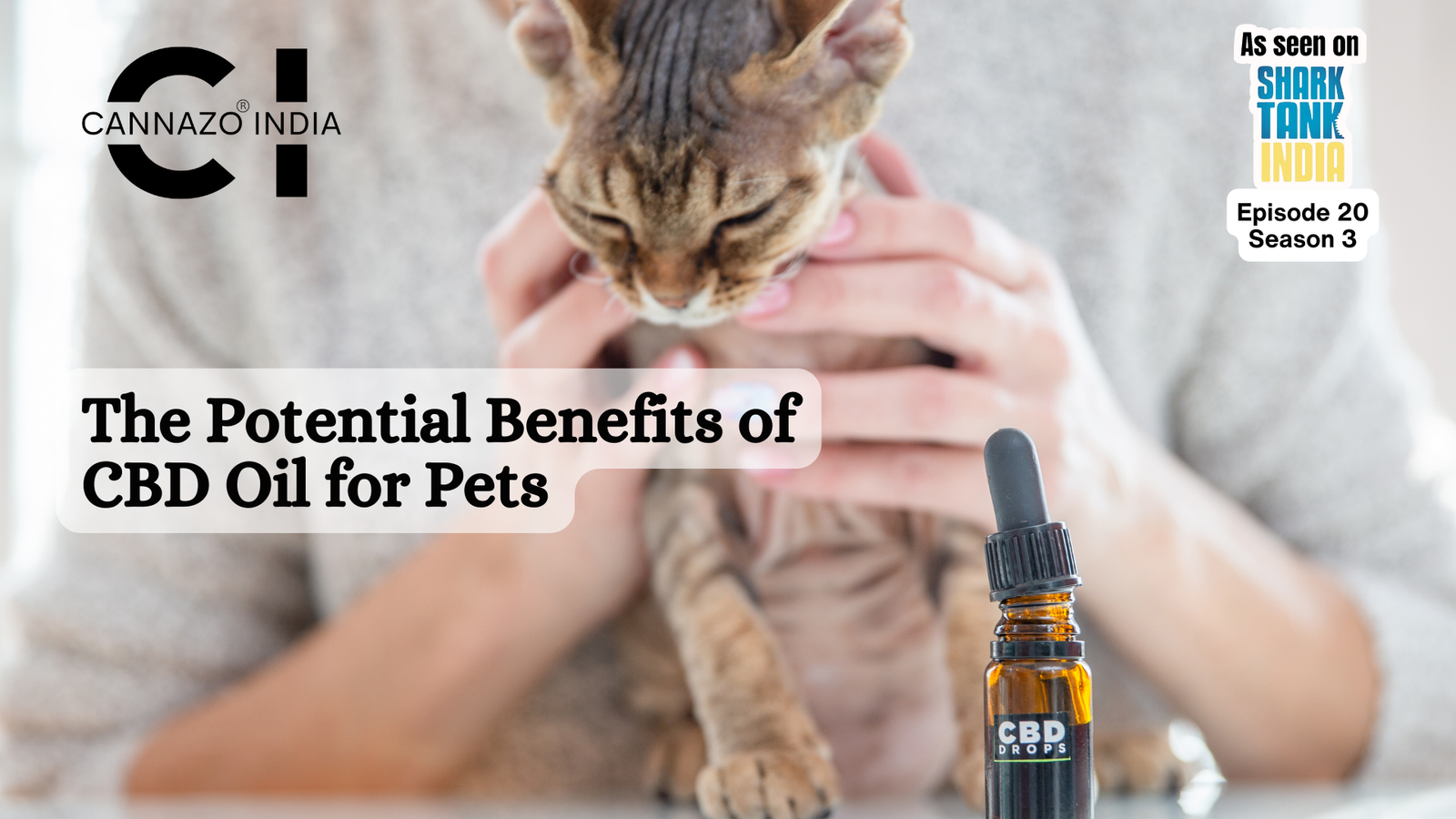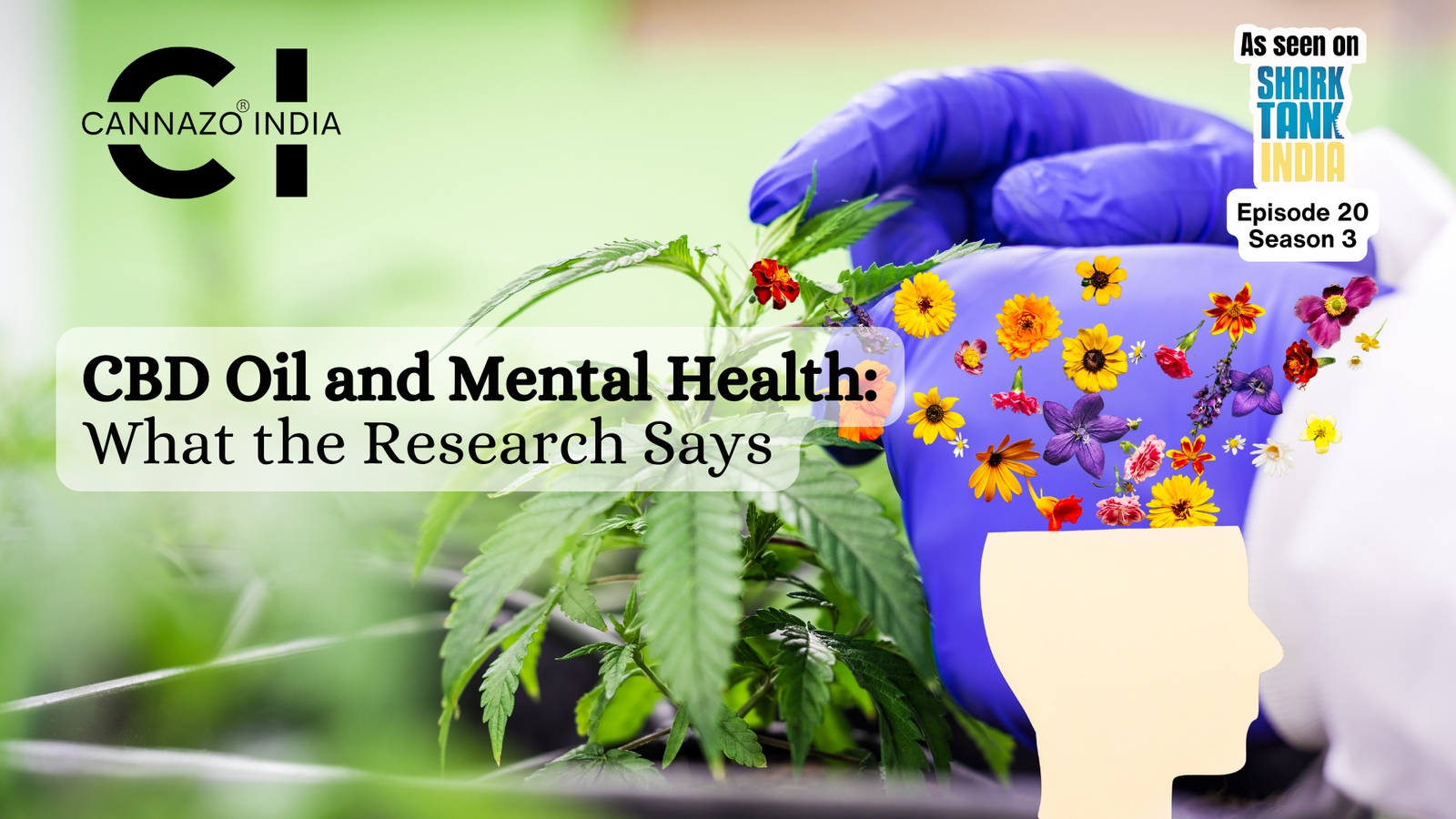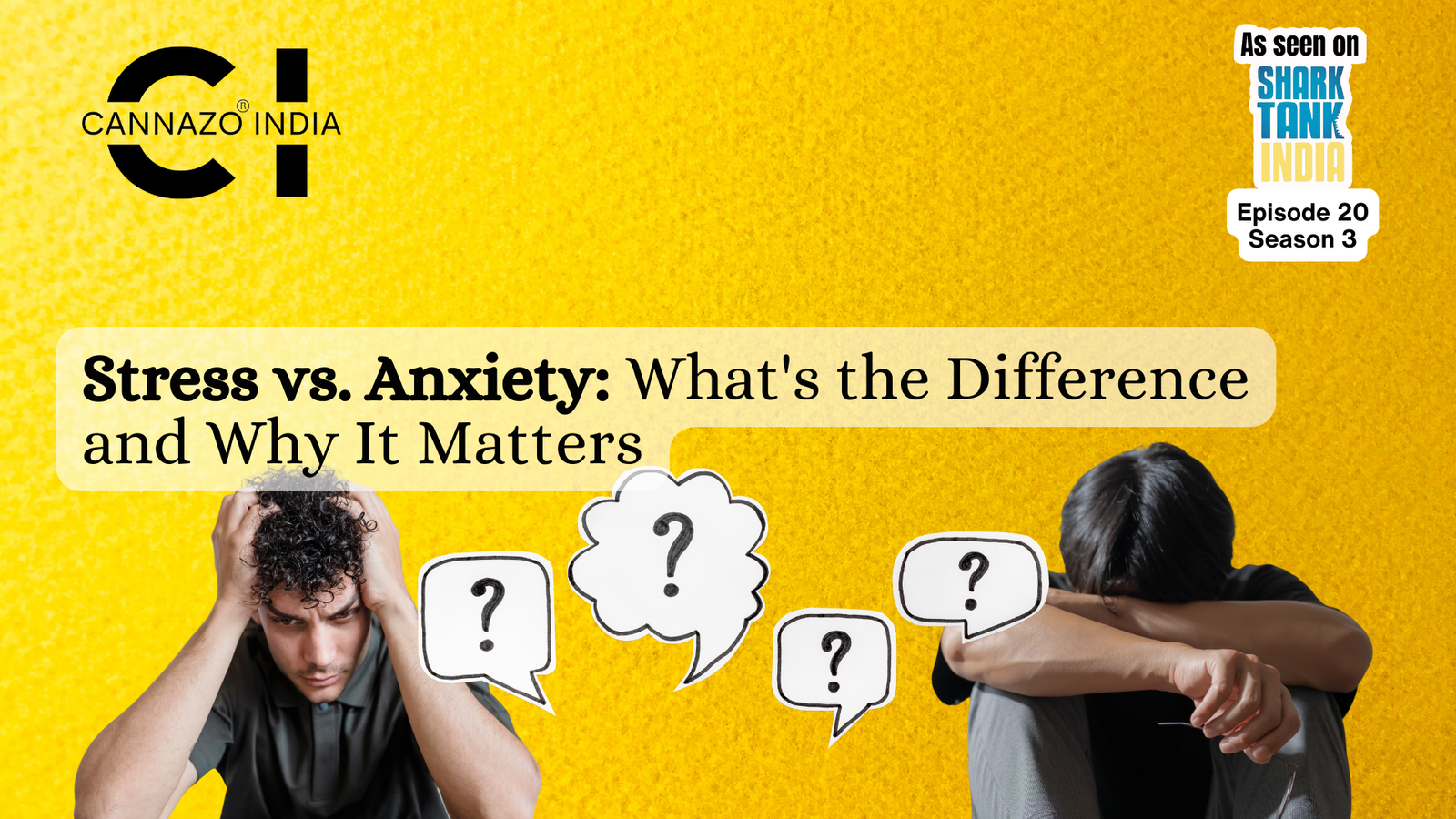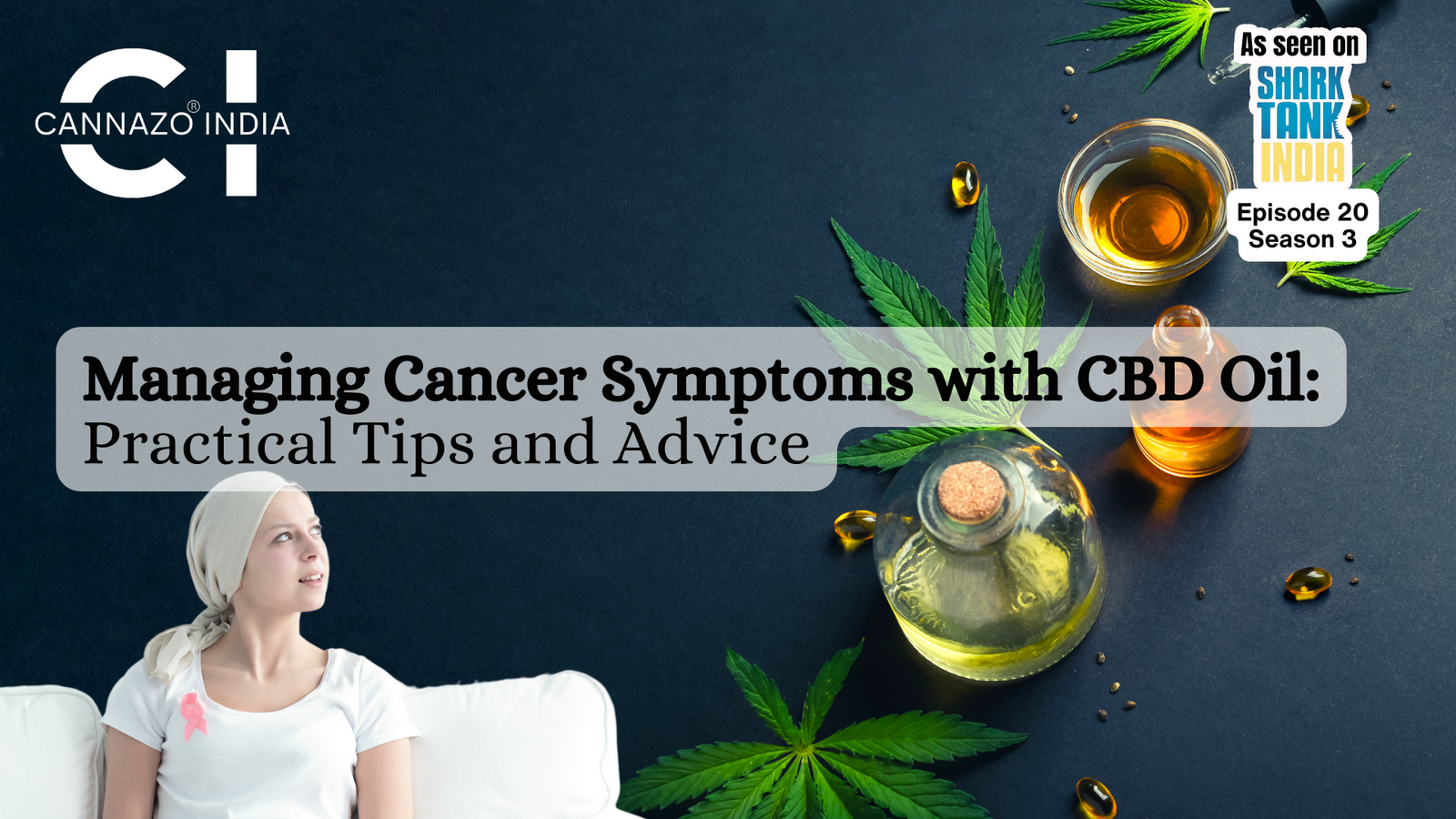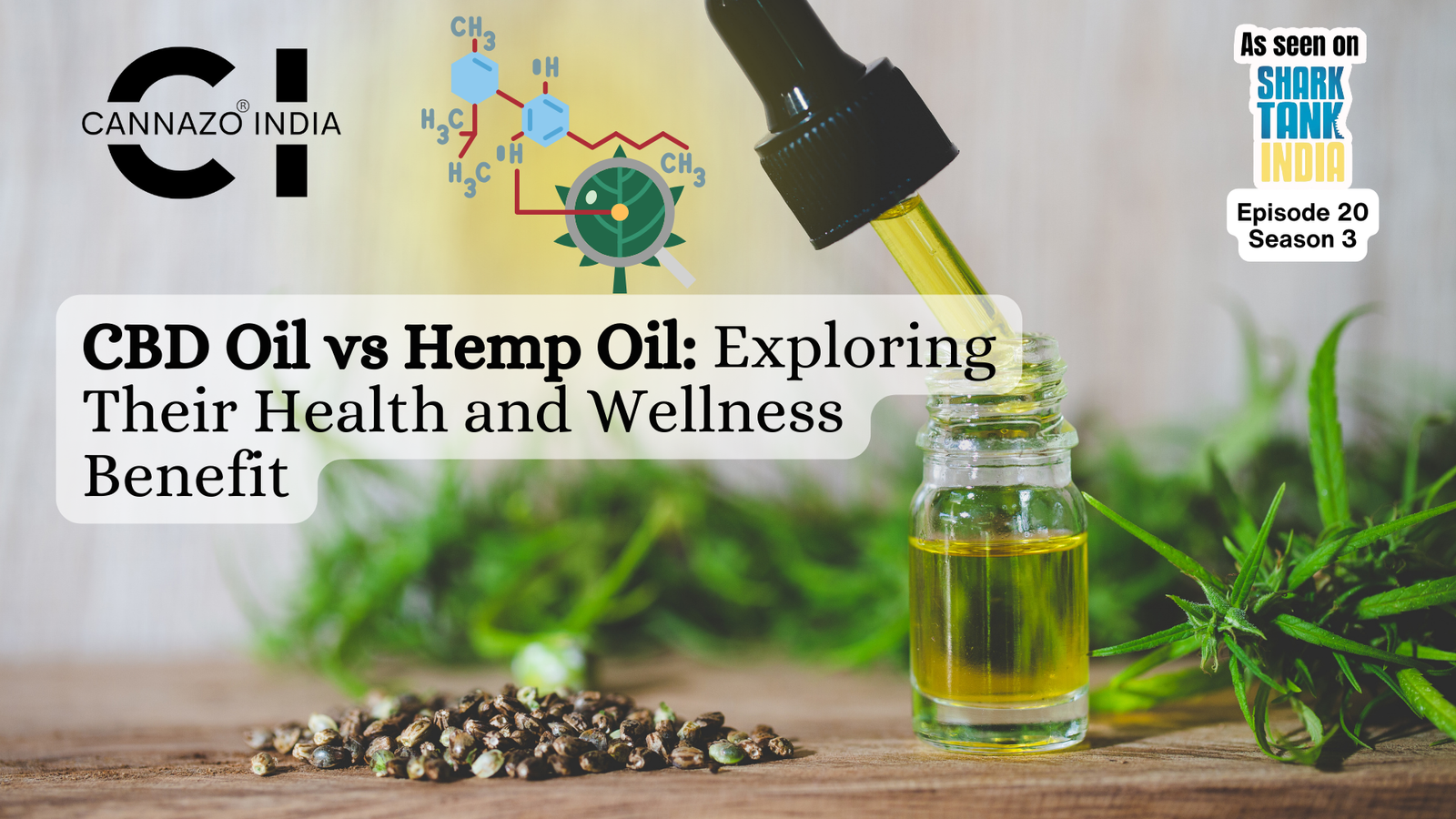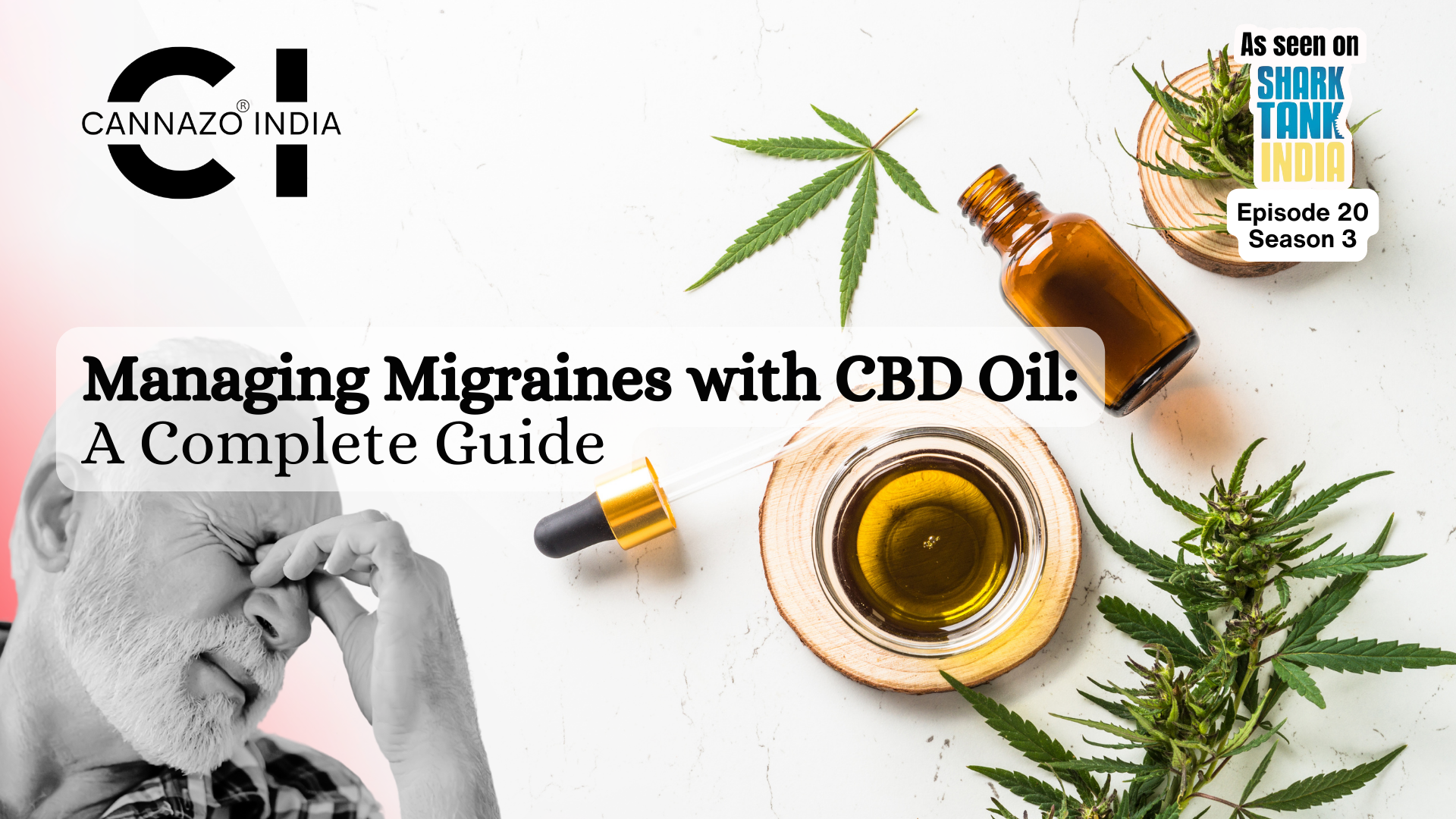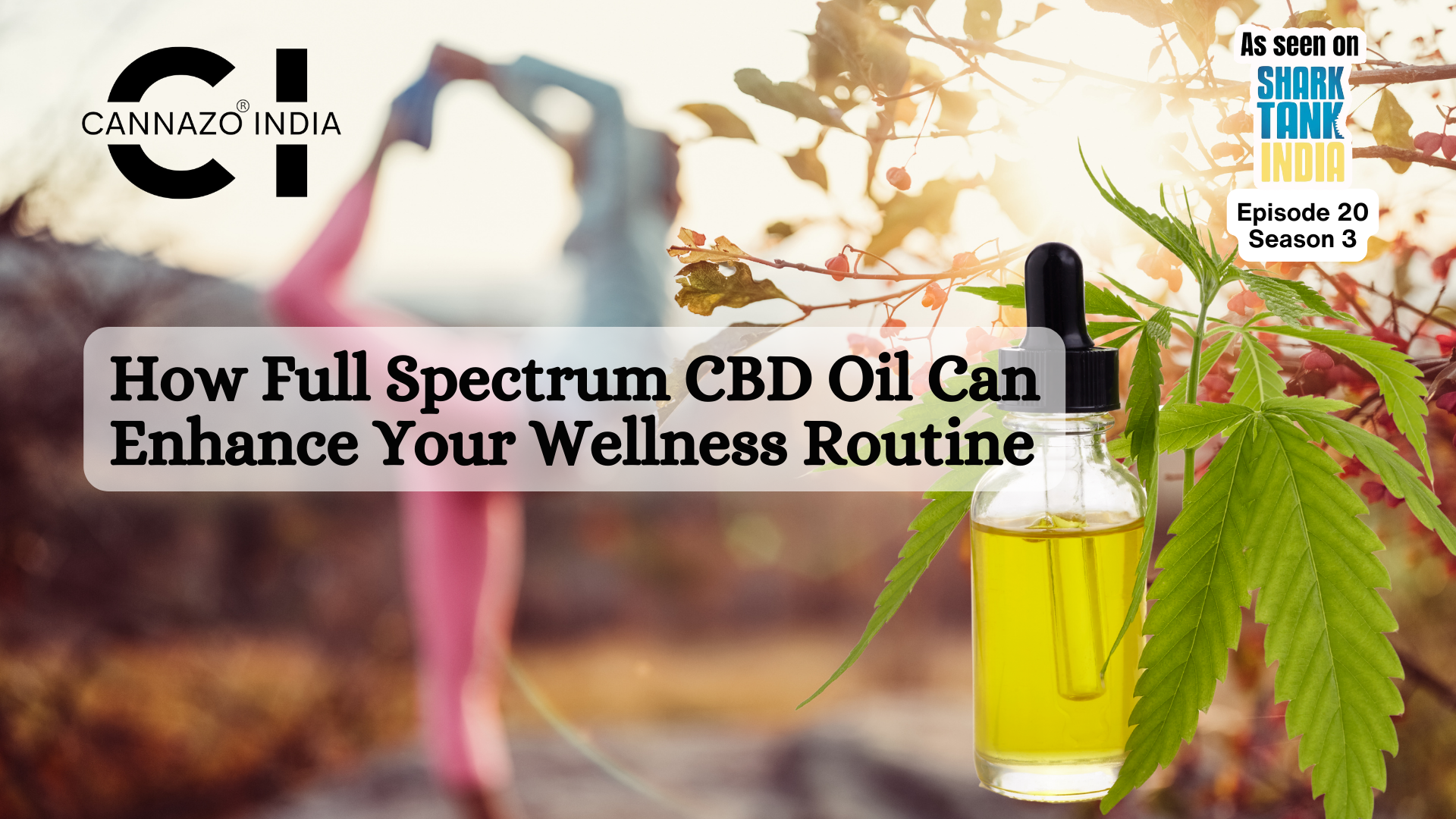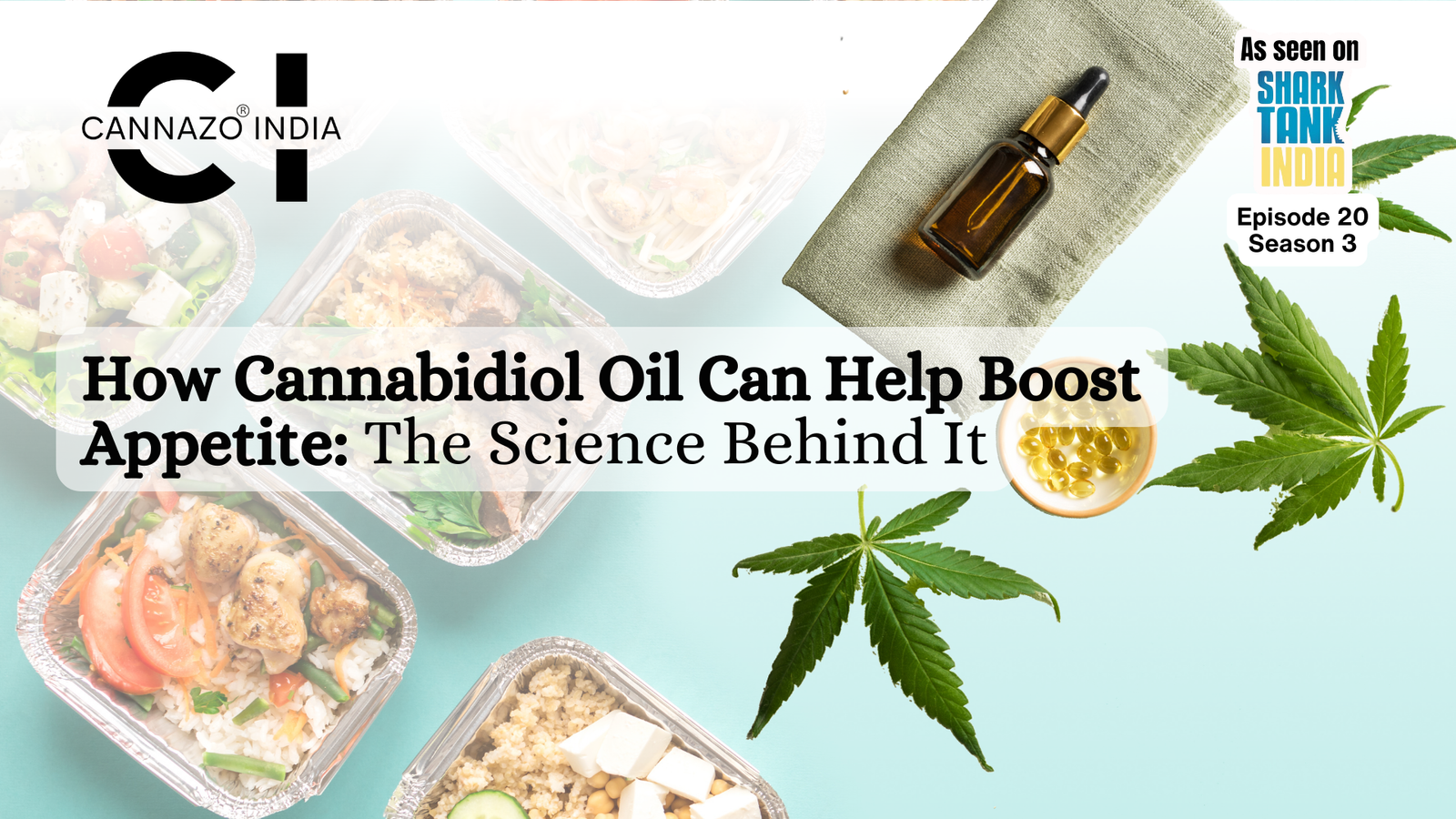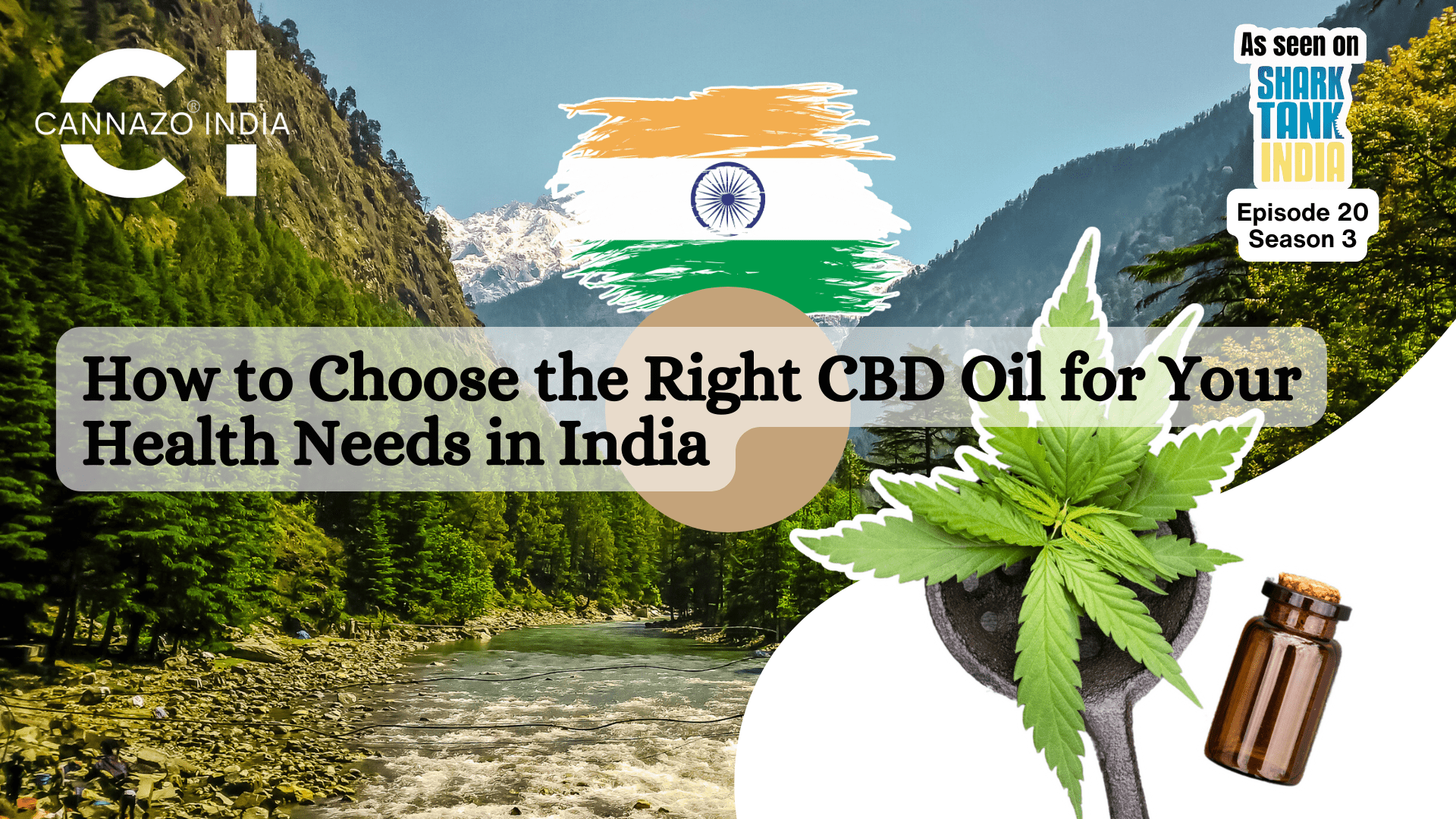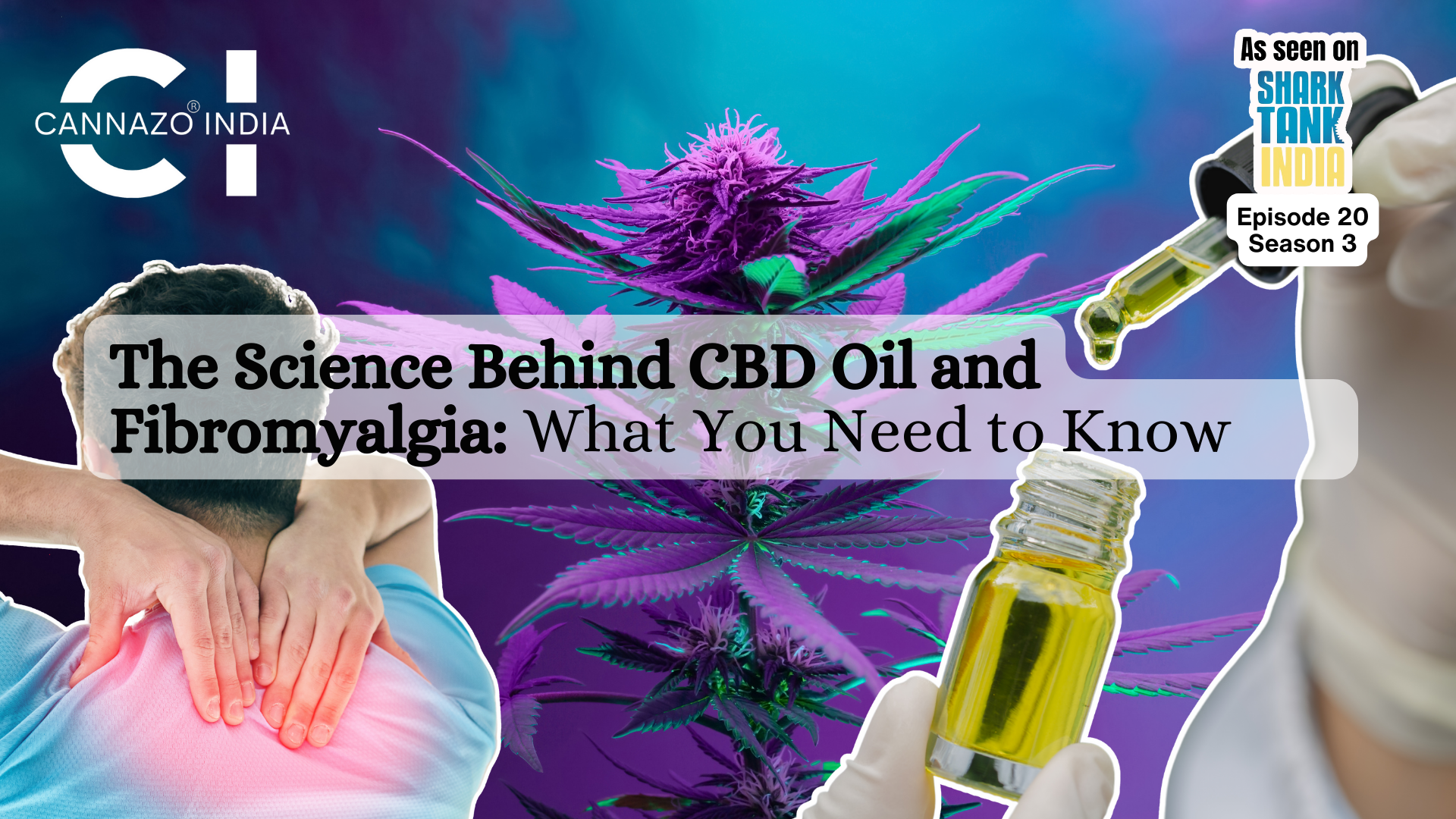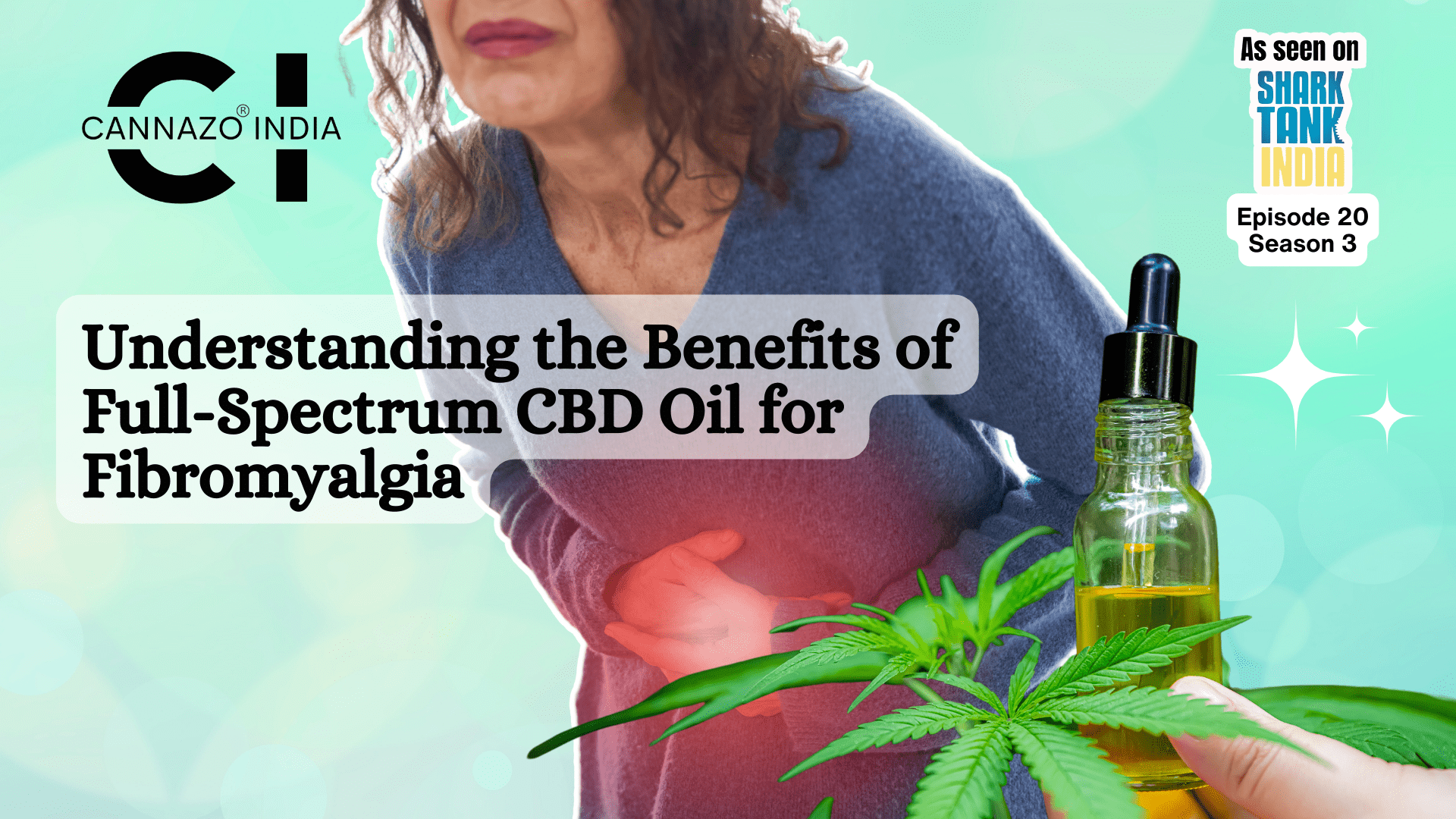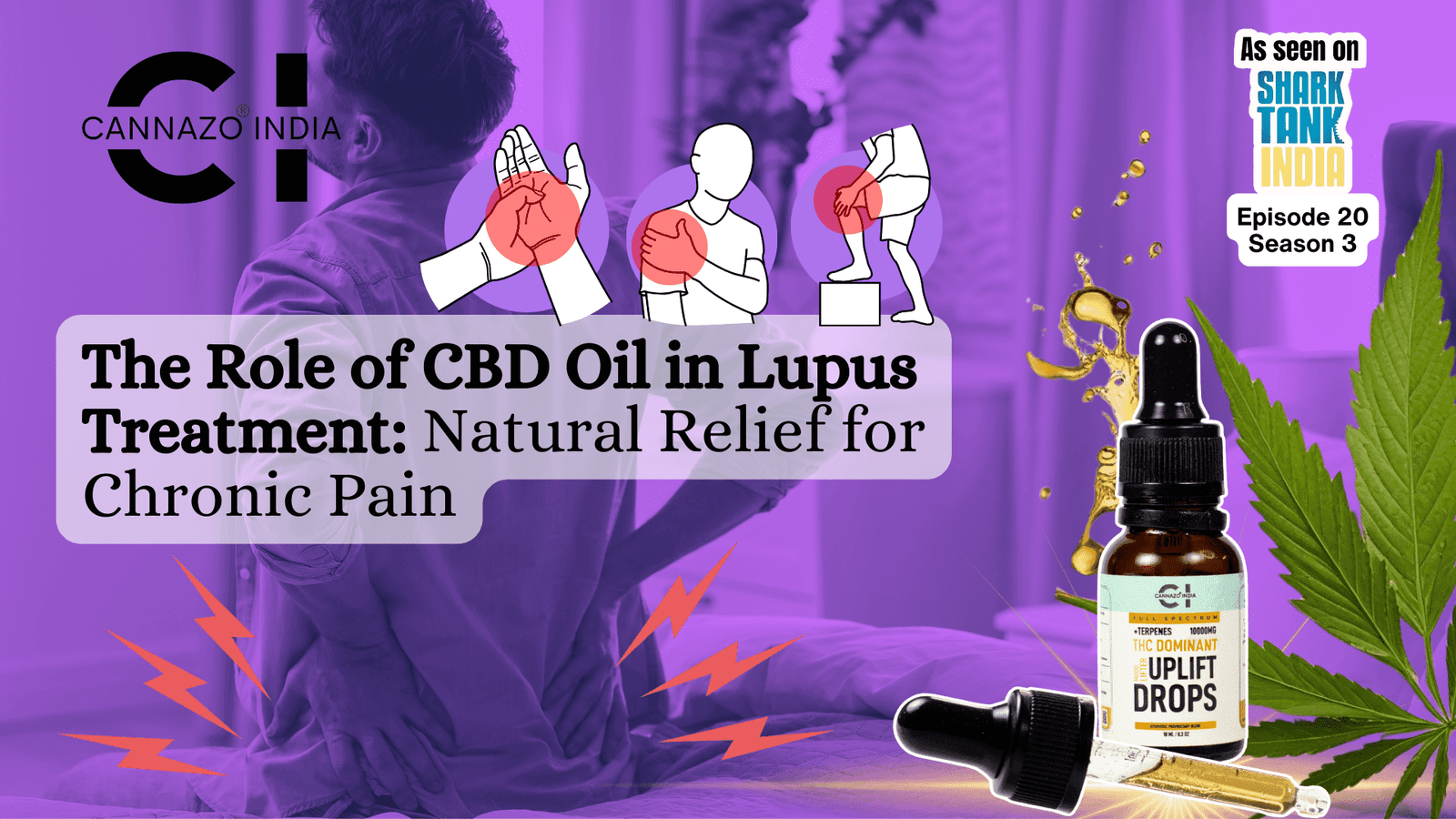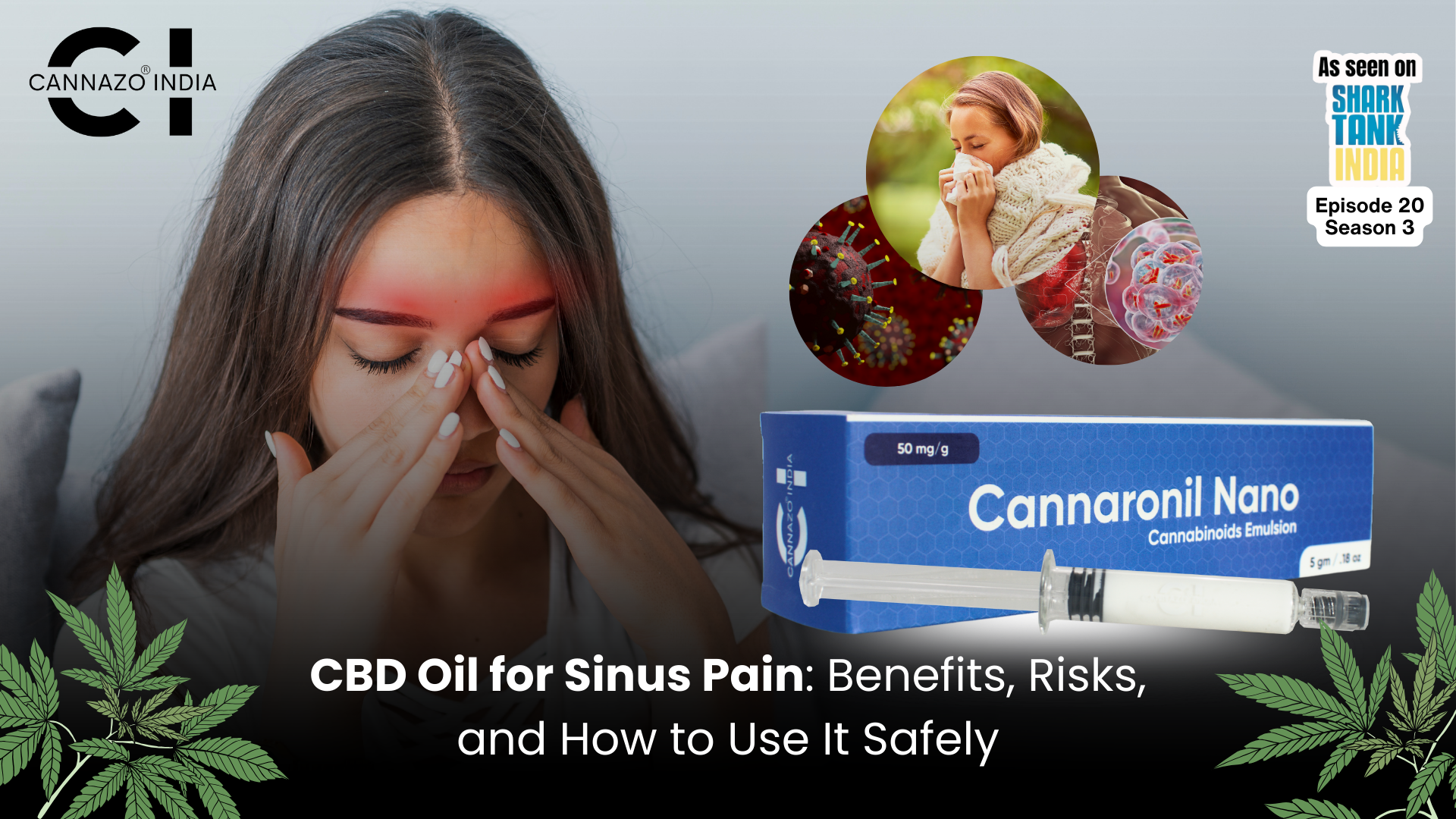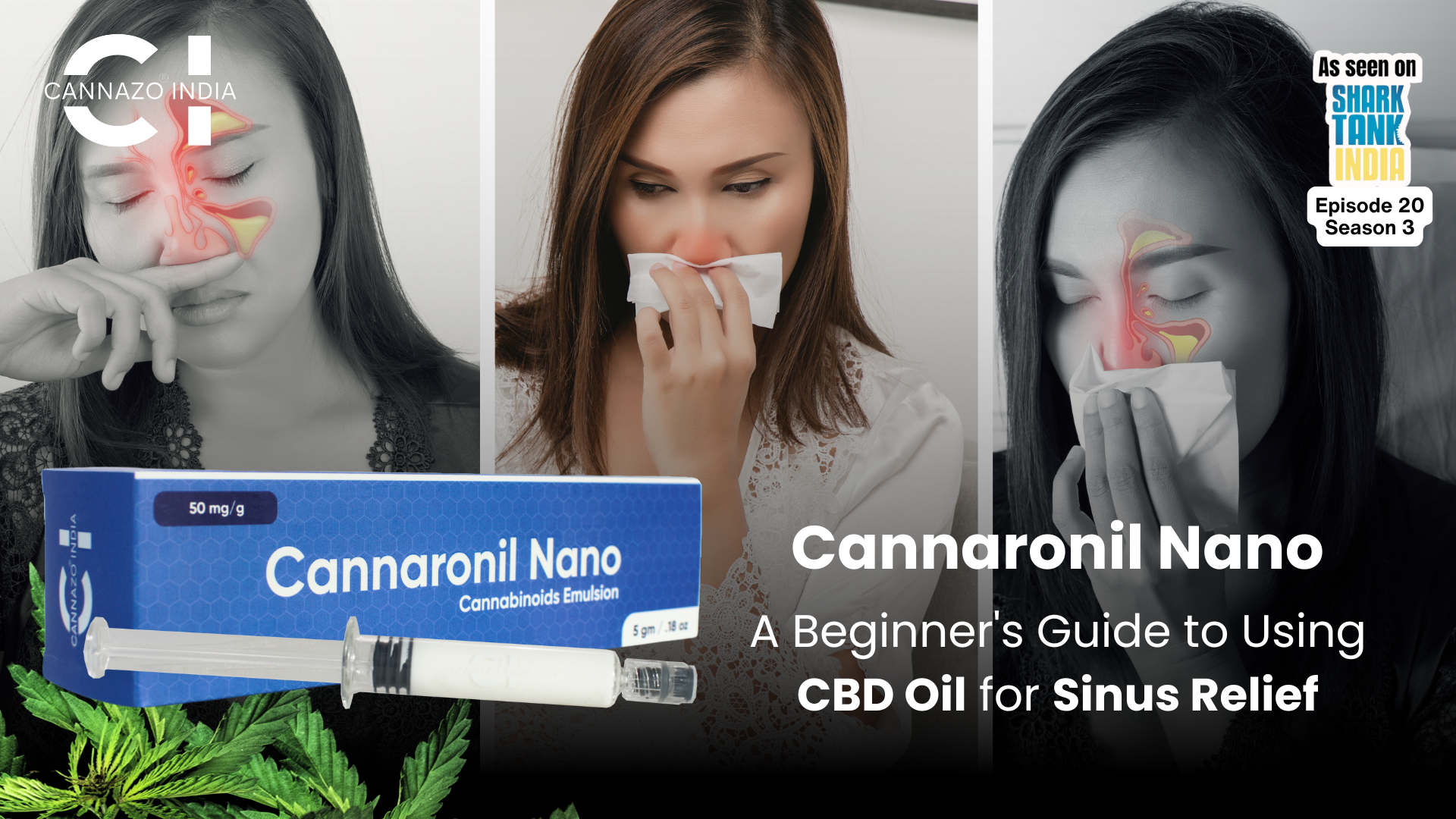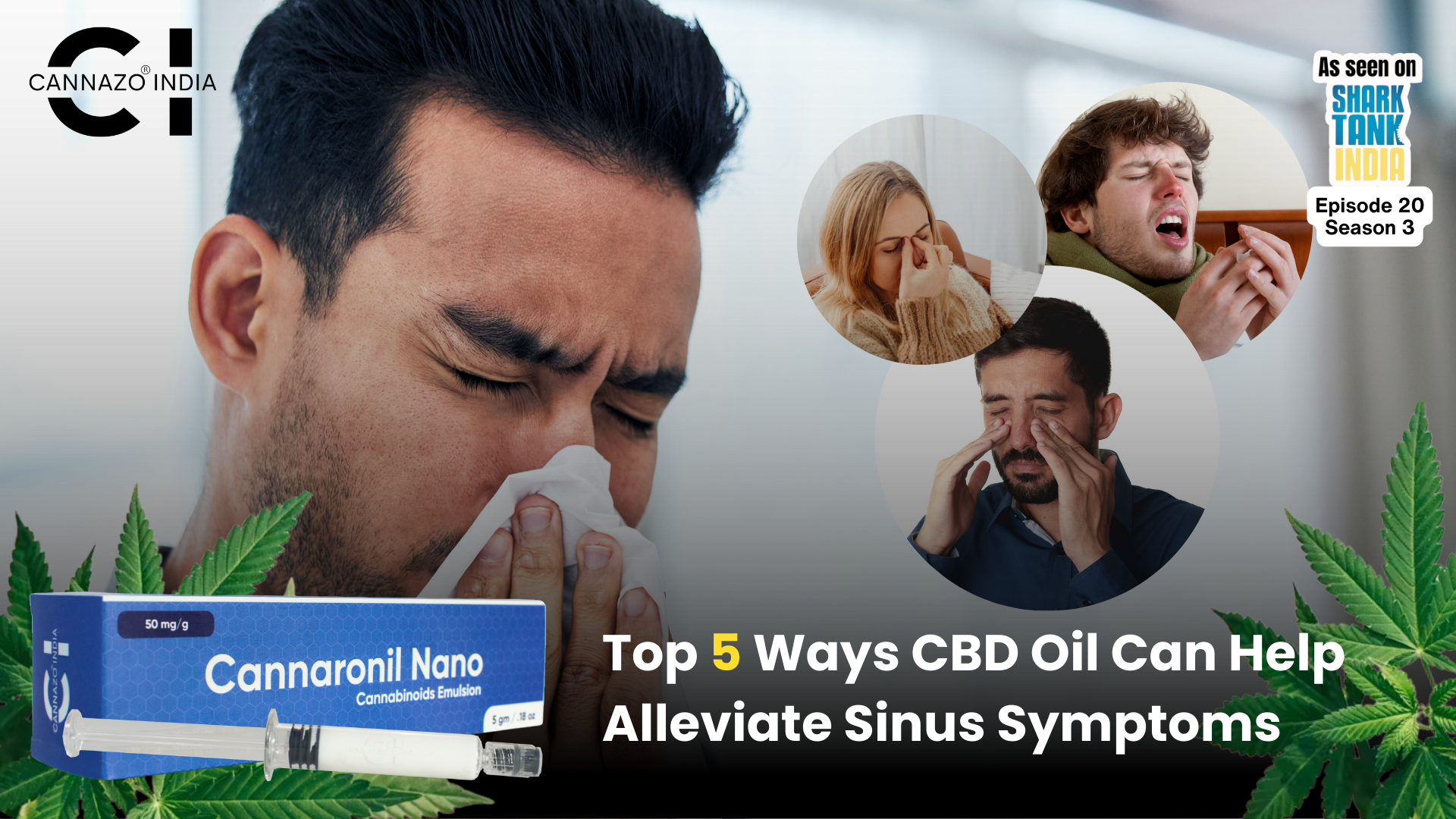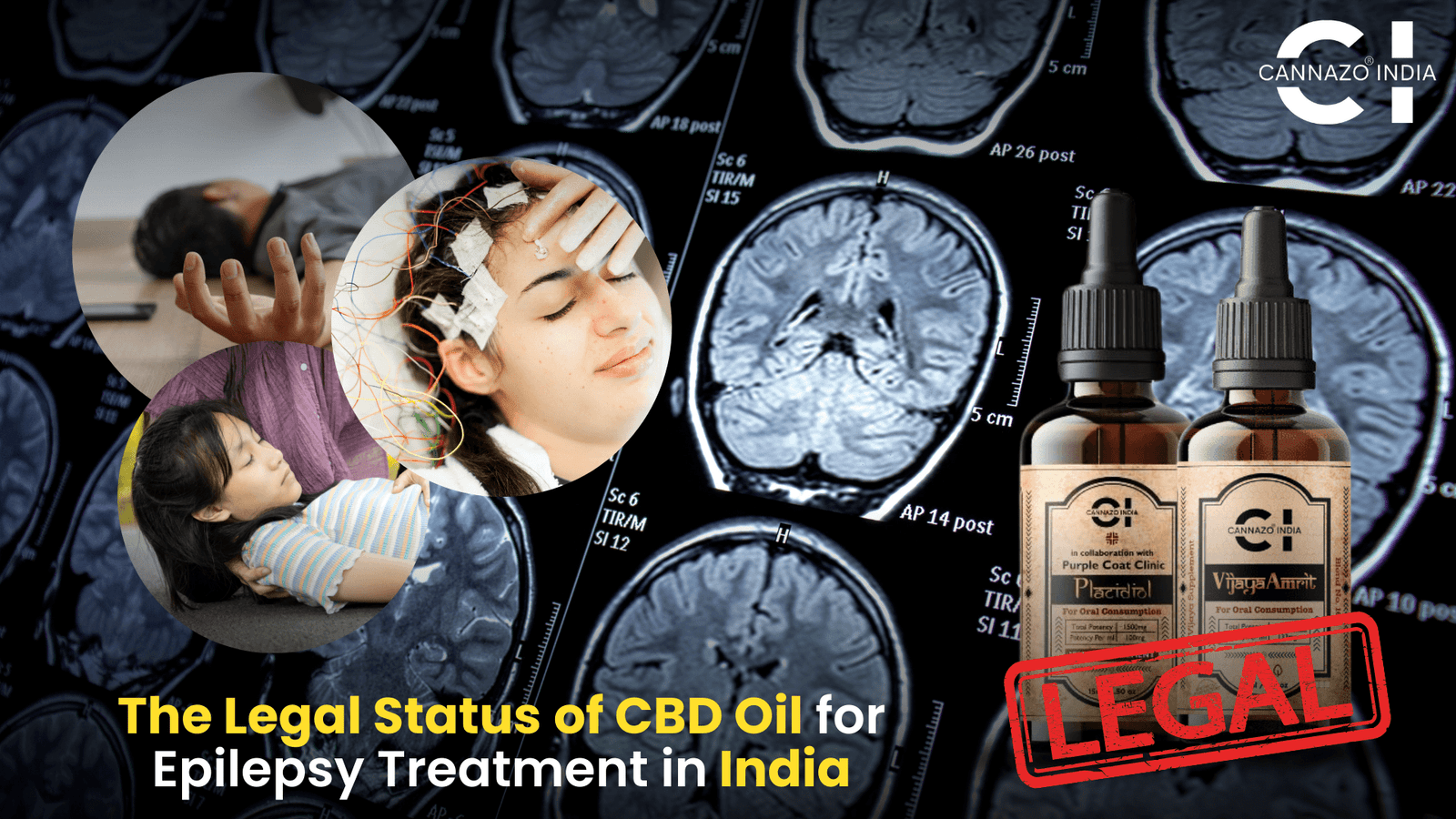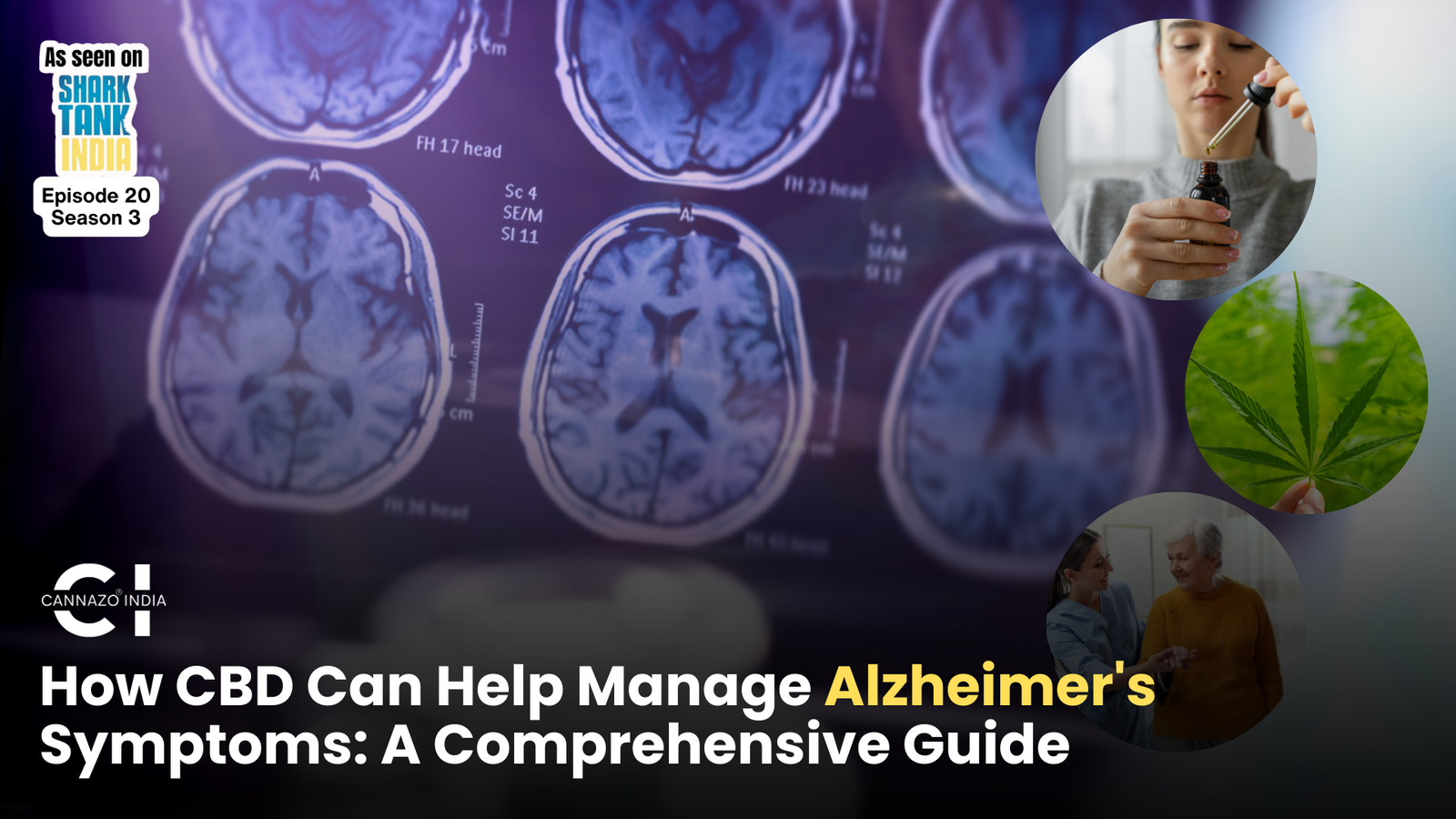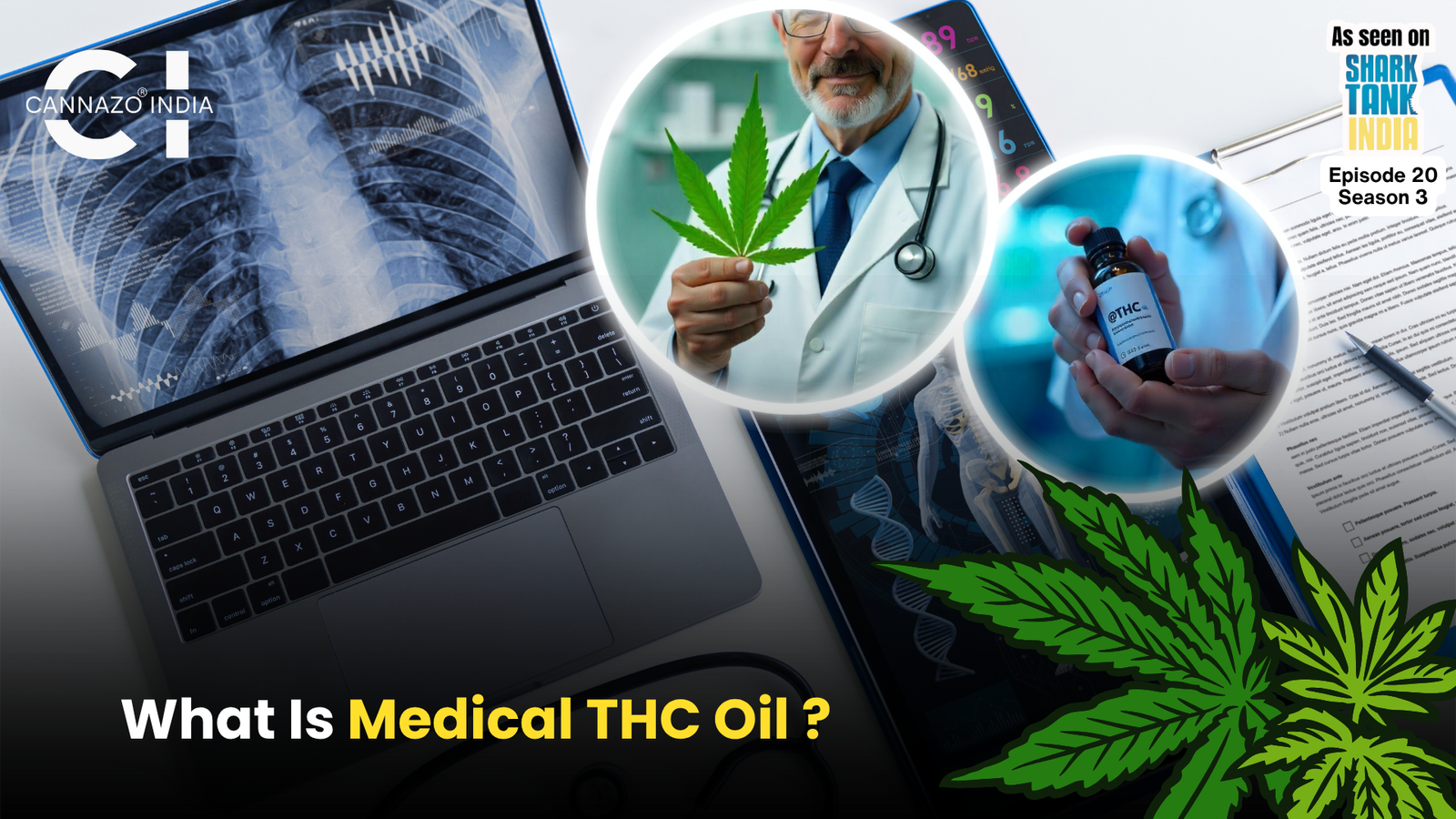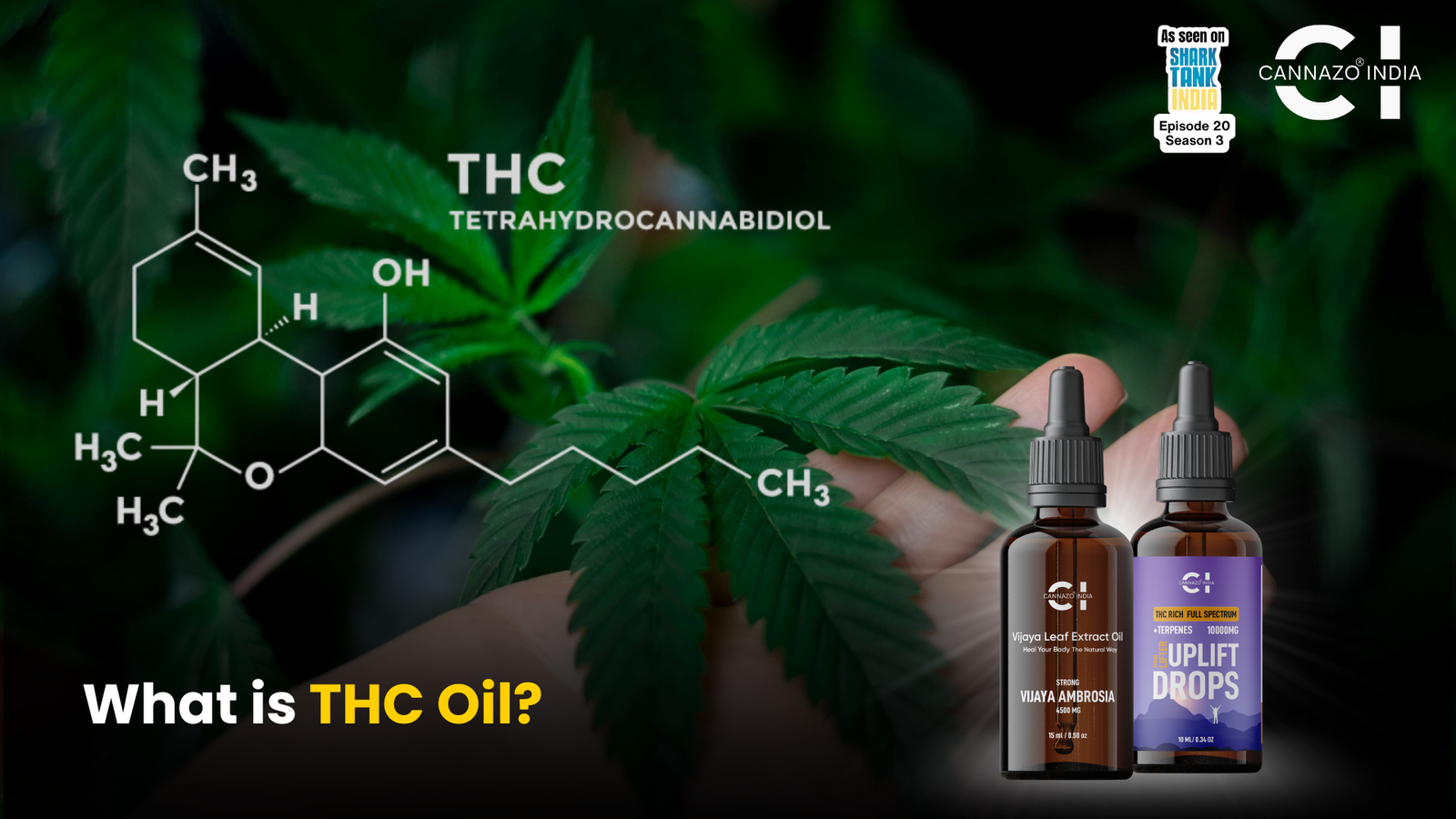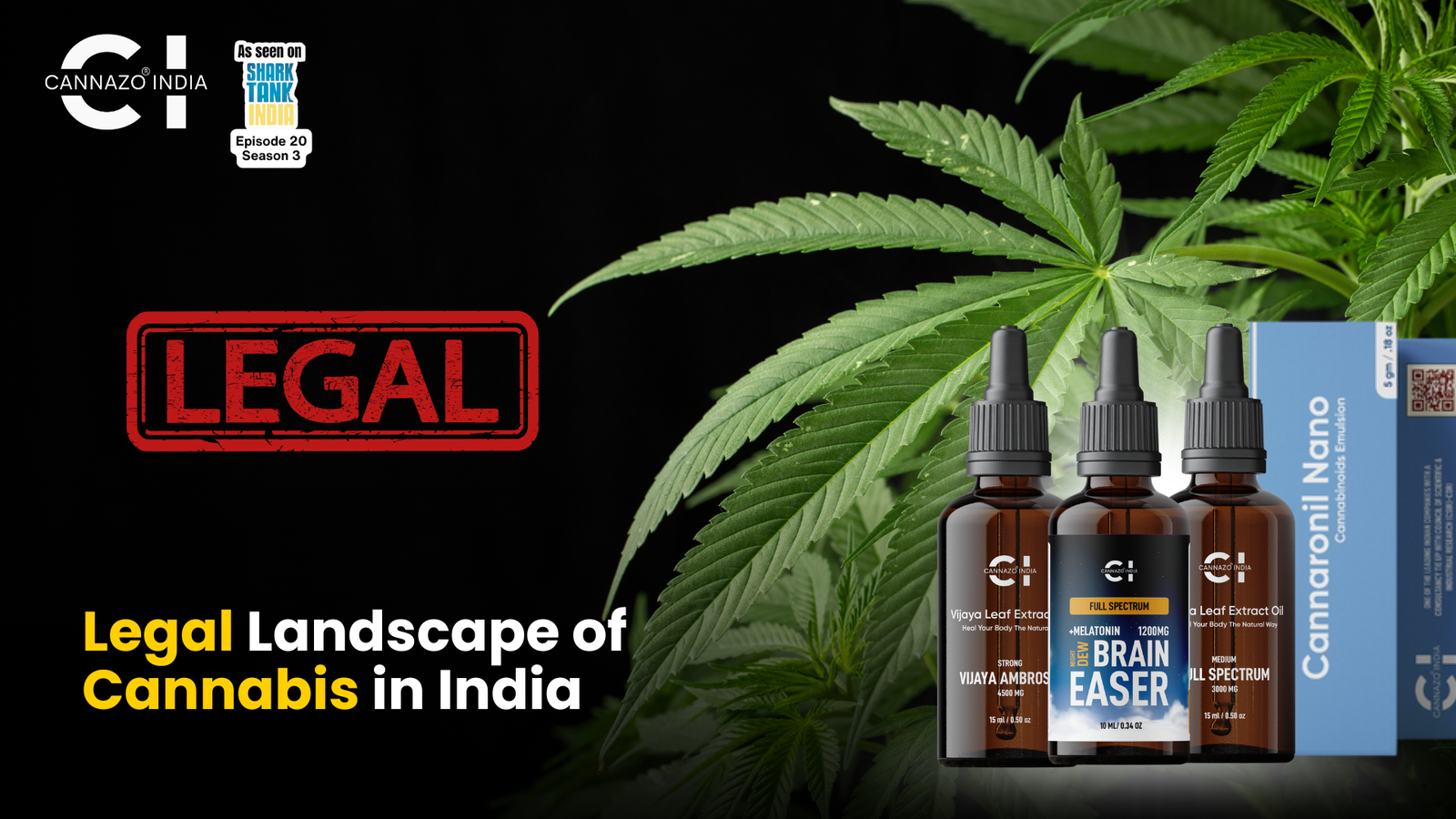What is THC Oil and How Can It Help in Cancer Treatment?
THC oil, also known as hash oil or cannabis oil, is a concentrated extract from the cannabis plant, rich in tetrahydrocannabinol (THC), the psychoactive compound responsible for the “high” associated with marijuana. THC oil is consumed in various ways, including smoking, vaporising, or ingestion. In the context of cancer treatment, THC oil and related cannabis products are primarily used to manage symptoms such as pain, nausea, vomiting, and appetite loss, especially in patients undergoing chemotherapy. Some laboratory and animal studies suggest THC and other cannabinoids may slow tumour growth or kill cancer cells, but robust clinical evidence in humans is still lacking. [1]
The Legal Status of THC Oil in India
In India, the legal framework for cannabis and its derivatives is governed by the Narcotic Drugs and Psychotropic Substances (NDPS) Act, 1985. While the Act broadly prohibits cannabis, it differentiates between various parts of the plant. Leaves and seeds (used in traditional preparations like bhang) are not strictly regulated, and THC oil derived from cannabis leaves is not explicitly banned. Medicinal use of THC oil is legal if prescribed by a registered medical practitioner and the product is approved by relevant authorities such as the Central Drugs Standard Control Organisation (CDSCO) and the Ministry of AYUSH. Oils with THC content above 0.3% are classified as proprietary Ayurvedic medicine and require proper licensing.[2],[3]
How Each State Regulates THC Oil for Cancer Treatment
India does not have a uniform, state-by-state regulatory framework for THC oil in cancer treatment. Instead, the central government sets the overarching policy, while individual states can regulate the cultivation and processing of hemp or cannabis with low THC for industrial and medicinal use. Key points include:
- Maharashtra: follows the central Indian legal framework for cannabis regulation, primarily governed by the Narcotic Drugs and Psychotropic Substances (NDPS) Act, 1985.
- Under the NDPS Act, recreational use, production, and possession of cannabis (specifically the resin and flowering tops) remain strictly illegal. Violations can result in severe penalties, including imprisonment and heavy fines
- Uttarakhand: First state to legalise industrial hemp cultivation (THC < 0.3%), primarily for textiles and industrial use.[2]
- Uttar Pradesh, Himachal Pradesh, Jammu & Kashmir: Have initiated or announced plans for regulated hemp cultivation, but focus remains on industrial rather than medicinal applications. [2]
- Other States: Most states follow central NDPS guidelines. Medicinal cannabis oil (including THC oil) can be prescribed nationwide if sourced from licensed producers and used under medical supervision.[2],[3]
There is no specific state that has independently legalised high-THC oil for cancer treatment outside the central regulatory framework.
Key Factors Affecting THC Oil Legalisation in Cancer Treatment
Several factors influence the legalisation and accessibility of THC oil for cancer treatment in India:
- Central Legislation: The NDPS Act and the Drugs and Cosmetics Act set the legal boundaries for cannabis-based medicines.
- Medical Supervision: Legal access to THC oil for cancer treatment requires a prescription from a registered medical practitioner. This ensures that use is medically justified and monitored, aligning with the NDPS Act’s intent to limit misuse while allowing genuine therapeutic applications.[2],[3]
- Product Approval: Any THC oil used for medical purposes must be approved as an Ayurvedic or pharmaceutical product by relevant regulatory authorities, such as the Central Drugs Standard Control Organisation (CDSCO) or the Ministry of AYUSH. This process ensures product safety, efficacy, and compliance with Indian standards. {2]
- THC Content: Oils with THC content above 0.3% are tightly regulated and classified as proprietary Ayurvedic medicines, which require additional licensing and oversight. In contrast, low-THC (CBD-dominant) oils face fewer restrictions and are more widely available, especially as wellness supplements.[2]
- State Initiatives: While the central government sets the primary legal framework, some states have taken steps to support the cultivation of industrial hemp (low-THC cannabis), mainly for non-medical uses. However, the medicinal use of THC oil remains governed by central guidelines, and state-level variations are mostly related to industrial policy rather than direct medical access.[2]
- Social Stigma and Awareness: Social attitudes and cultural perceptions toward cannabis significantly affect the acceptance and demand for THC oil in cancer treatment. Despite cannabis’s historical and traditional use in India, there remains a strong stigma associated with its use due to its classification as a narcotic and its association with recreational drug use. This stigma can deter patients and healthcare providers from considering or recommending THC oil, even when it is legally available for medical purposes. However, urban populations are showing increasing support for reform, and awareness campaigns are gradually shifting perceptions, which may influence future policy changes.[2]
How to Legally Access THC Oil for Cancer Treatment
To legally obtain THC oil for cancer treatment in India:
- Consult a Registered Medical Practitioner: Only a licensed doctor can prescribe THC oil for medical use. This ensures your condition is properly assessed and the treatment is medically justified.[2],[3]
- Obtain a Prescription: The prescription must clearly specify the medical need for THC oil, the recommended dosage, and the duration of use. This document is essential not just for legal compliance but also for purchasing from authorised suppliers
- Purchase from Licensed Suppliers: You should only buy THC oil from companies or pharmacies that are licensed and authorised by regulatory bodies such as the Central Drugs Standard Control Organisation (CDSCO) or the Ministry of AYUSH.[2]
- Ensure Product Compliance: The product should be classified as a proprietary Ayurvedic medicine or approved pharmaceutical, with clear labelling of THC content. Reputable brands also provide a Certificate of Analysis (CoA) from third-party labs, confirming the product’s cannabinoid profile and safety. Brands such as Cannazo India and Awshad.
DocumentationIt is important to retain all prescriptions, purchase receipts, and any related documentation as proof of legal compliance. These documents can protect you in case of any regulatory scrutiny or questions about your possession and use of THC oil for medical purposes. Additionally, keeping records helps your healthcare provider monitor your treatment progress and make necessary adjustments.
Many licensed suppliers offer consultations with in-house doctors to help determine eligibility and appropriate dosage.
What’s the Future of THC Oil and Cancer Treatment?
The landscape for THC oil in cancer treatment in India is evolving:
- Increasing Research: Ongoing studies are exploring the therapeutic potential of cannabinoids in cancer care.[4]
- Regulatory Developments: As global and domestic evidence grows, India may further clarify and expand access to medical cannabis products.
- Industry Growth: More companies are seeking licenses to produce and distribute cannabis-based medicines, improving availability and quality.[2],[4]
- Awareness and Acceptance: Public and professional understanding of medical cannabis is gradually increasing, potentially reducing stigma and improving patient access.[2],[4]
Conclusion
THC oil, when prescribed by a registered medical practitioner and sourced from licensed suppliers, is legal for medicinal use in India, including as supportive care in cancer treatment. However, its use is tightly regulated, and each state’s involvement is mainly in the industrial hemp sector rather than direct medical cannabis policy. The future of THC oil in cancer care in India will depend on further research, regulatory clarity, and increased awareness among patients and healthcare providers. For now, patients should strictly follow legal and medical guidelines to access THC oil safely and lawfully.
References
- Rick Simpson Oil (RSO) for Cancer: Does It Work? (n.d.). WebMD. https://www.webmd.com/cancer/rick-simpson-oil-for-cancer-overview
- Singh, A. (2024, November 8). Is Hemp Legal in India? Everything You Need to Know. The Trost . https://thetrost.com/blogs/blogs/is-hemp-legal-in-india-everything-you-need-to-know
- Trost, T. (2023, April 4). Cannabis in India: Is it Legal for Medical Use? The Trost . https://thetrost.com/blogs/blogs/cannabis-in-india-is-it-legal-for-medical-use
- STORE, T. I. (2024, August 29). Cannabidiol Oil And Cancer in India: What to Know. THC STORE INDIA. https://www.thcstore.in/post/cannabidiol-oil-and-cancer-in-india-what-to-know





